Pet rabbits come in all shapes and sizes. You're a typical pet person; the reality is that you fell in love with your rabbit because it was the most adorable, fluffy creature you'd ever seen. I met a rabbit named Ernie a few days ago and instantly fell in love. So soft, so cuddly, so cute! How could anyone not want a pet rabbit? But while we think rabbits are amazing, it's smart to know there are both delightful and challenging parts of pet ownership. Rabbits are no different.
Click Here For a Beginners Guide to Rabbit Care.

Daily Routine
Owning a rabbit involves setting up a rhythm to your day; some things will quickly feel second nature. Here's what a rabbit daily routine can look like for a new owner:
7:00 am - Morning cuddles with Fluffster (as you've lovingly named your rabbit). You smile, grateful for such a sweet pet, even though Fluffster might be more interested in breakfast than your affection.
7:10 am - Cleaning out Fluffster's enclosure. It's not the highlight of your day, but it is necessary. Using Ultra Absorbent Bedding helps keep things fresh and simple. Meanwhile, Fluffster explores the house, probably looking for new items to chew.
7:45 am - After getting ready for work, it's time to round up Fluffster and return him to his cage. Naturally, Fluffster has other plans. You eventually find him hiding under the couch, scooping him up just in time to head out the door.
5:15 pm - After a long day at work, you're eager to see Fluffster again. He's excited, too, bouncing around and hopping onto the couch. This quiet time together reminds you why having a rabbit is so rewarding.
7:00 pm - After dinner, it's playtime. But tonight, Fluffster has chewed through your computer power cord. Last week, it was your earbuds. It's frustrating, but when you see that little button nose and silky ears, the irritation fades fast.
Preparing Your Home For a Rabbit Daily Routine
Before you adopt a rabbit, it's good to understand what life with one looks like. Rabbits are not low-maintenance pets. They live an average of 8-12 years, and caring for them requires commitment. You'll need to provide housing (indoors, outdoors, or both), playtime, socialization, proper bedding, toys, and the right food.
Indoor rabbits need a safe space to hop and explore. Many people choose an indoor hutch and dedicate an area of their home for free-roaming time. Just be sure you've prepared properly. A rabbit-proofed home is a must. No loose cords, no toxic plants, and no valuables that might get gnawed. Rabbits chew constantly to keep their teeth worn down, so offering hay, chew blocks, apple sticks, and safe fiber toys will help satisfy this instinct—and protect your furniture.
Rabbit Daily Routine: Housing & Litter Training
Part of your rabbit daily routine will involve keeping their space clean and comfortable. Most rabbits can be litter box trained, much like cats. They can be picky about where they go, so keep their litter box fresh and placed in a quiet spot. Use litter specifically meant for rabbits—paper or aspen bedding is ideal, as it is dust-free and gentle on their respiratory system.
Don't forget to scoop out waste every one to two days. A clean environment helps prevent stress and keeps your rabbit happy and healthy.
What Your Rabbit Wants You to Know
Rabbits speak volumes through body language. Learning how to "listen" will strengthen your bond. According to Rabbit Advocates, here are some common signals to watch for:
Ears forward - Curious or alert.
Ears back - Relaxing or unsure.
Nose nudge - Wants attention or petting.
Foot thumping - Feeling threatened or annoyed.
Tooth clicking - Content and comfortable.
Understanding these cues helps you know when your rabbit feels safe, stressed, or playful.
You Know You're a Rabbit Owner When...
Rabbit owners soon pick up some fun habits of their own. Does any of this sound familiar?
You know what a binky is—and you love seeing it!
-
You've replaced several power cords already.

Wires and cables are carefully hidden around your home.
You've joined at least one rabbit-themed social media group.
You buy rabbit toys and gifts for holidays and birthdays.
If this list fits, welcome to the world of rabbit ownership!
Building a Rabbit Daily Routine That Works For You
Consistency is key to helping your rabbit feel safe. Develop a daily rhythm that works for both of you. Here are some things to include:

Feeding at the same time each morning and evening. Rabbits thrive on predictability.
Offering unlimited high-fiber grass hay like Timothy Hay or Orchard Grass. This supports both dental and digestive health.
Providing plenty of fresh water in a clean bowl or bottle.
Making time for daily play and interaction. Rabbits need both mental and physical stimulation.
Setting aside quiet periods for rest and relaxation. Rabbits appreciate downtime in a safe spot.
Following a consistent rabbit daily routine helps your bunny feel secure and loved.
When You Need a Pet Sitter
Life happens—sometimes you need to leave town. Finding the right pet sitter is important. Connect with small pet communities online or through reputable pet-sitting platforms to find someone with rabbit experience.
When interviewing potential sitters, ask about their knowledge of rabbit care. Do they know the importance of proper hay feeding? Are they comfortable cleaning litter boxes? Can they recognize signs of stress or illness? Meet with them ahead of time to observe their interaction with your bunny.
And, of course, discuss expectations clearly. How often will they visit? Will they provide playtime and attention? Are they prepared to handle an emergency if needed?
Leaving your rabbit in capable hands means you can enjoy your time away with peace of mind.
Not Every Home Is Right for a Rabbit
Before bringing a rabbit into your family, consider your household. Rabbits are naturally nervous and sensitive animals. A chaotic home with lots of noise or predatory pets (like certain dogs or cats) can make them fearful and stressed.
While rabbits can sometimes form friendships with mellow dogs or cats, it takes careful introduction and supervision. If you aren't home often, consider adopting a bonded pair of rabbits. They enjoy the company of their kind and do better with a companion if left alone for long periods.
Families with small children should think twice. Young kids often don't understand a rabbit's need for gentle handling and can unintentionally hurt them. If your kids are older (10+) and ready for the responsibility, rabbit ownership can be a great experience for the whole family.

The Joy of Life With a Rabbit
There's something special about sharing your life with a rabbit. Yes, there will be chewed cords and messy litter boxes. But there will also be nose twitches, joyful binkies, and quiet moments that make it all worthwhile.
Build a strong bond by following a rabbit daily routine that suits both of you. Provide a safe environment, a proper diet, and plenty of love. And if you ever need help, turn to the friendly rabbit community—you'll find you're never alone.

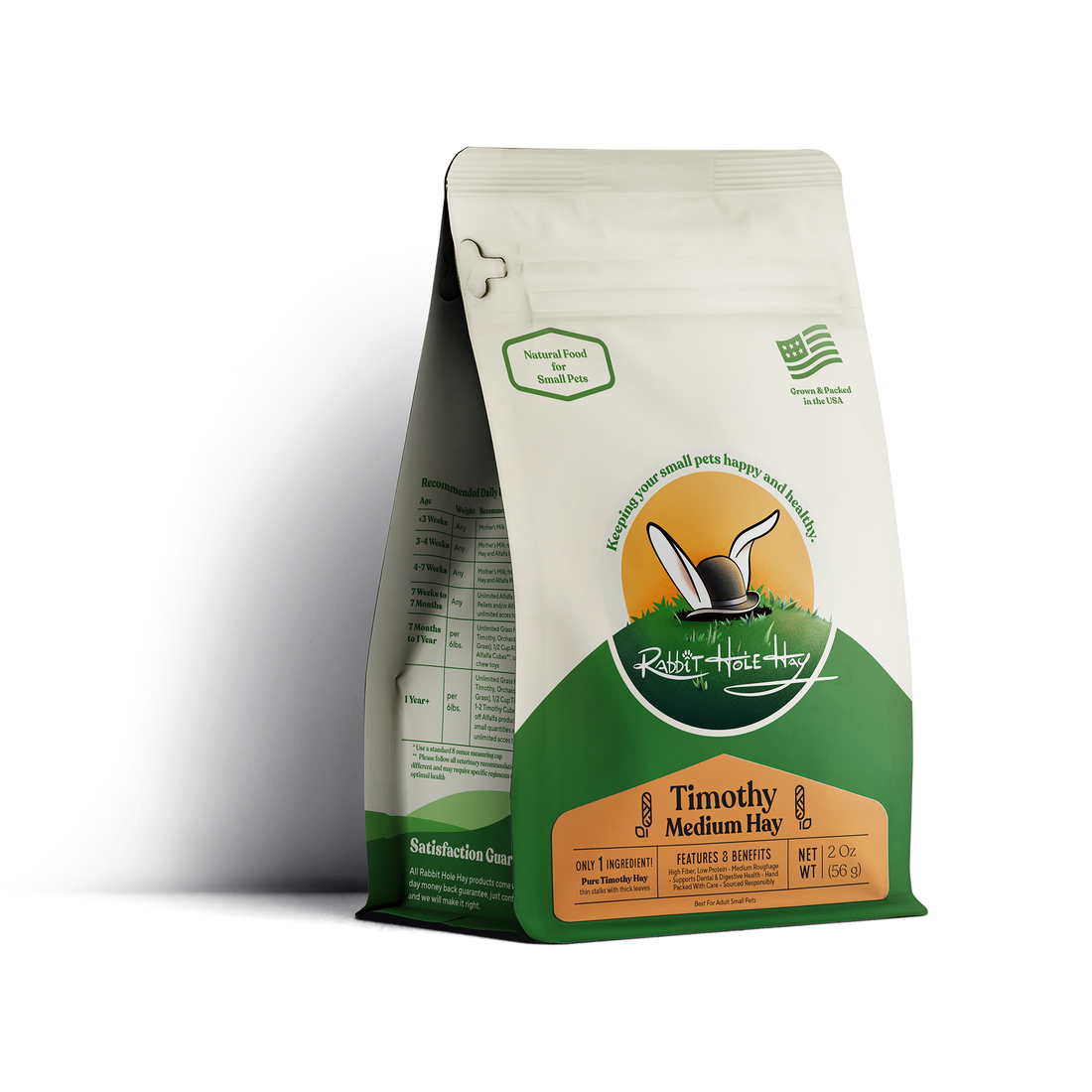

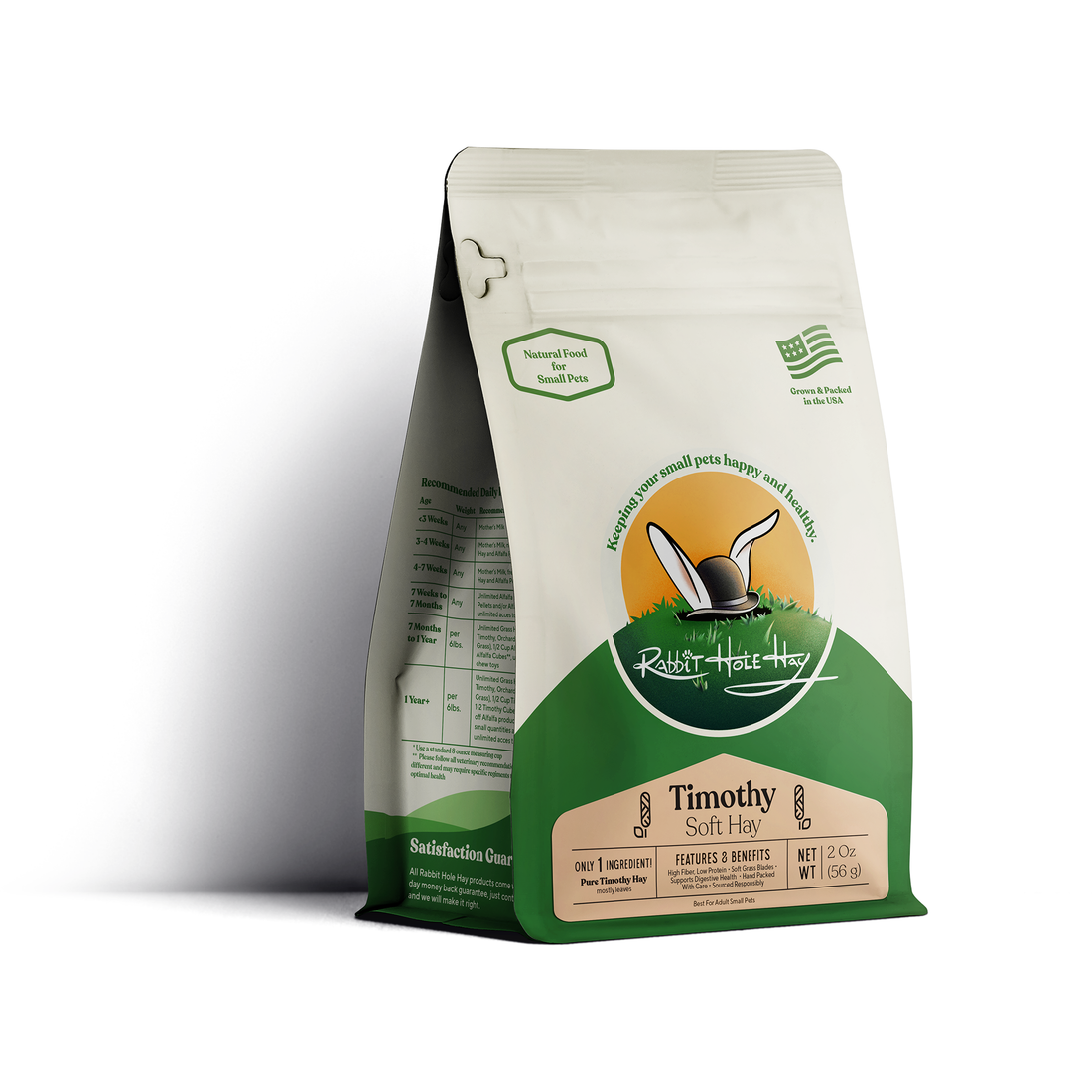

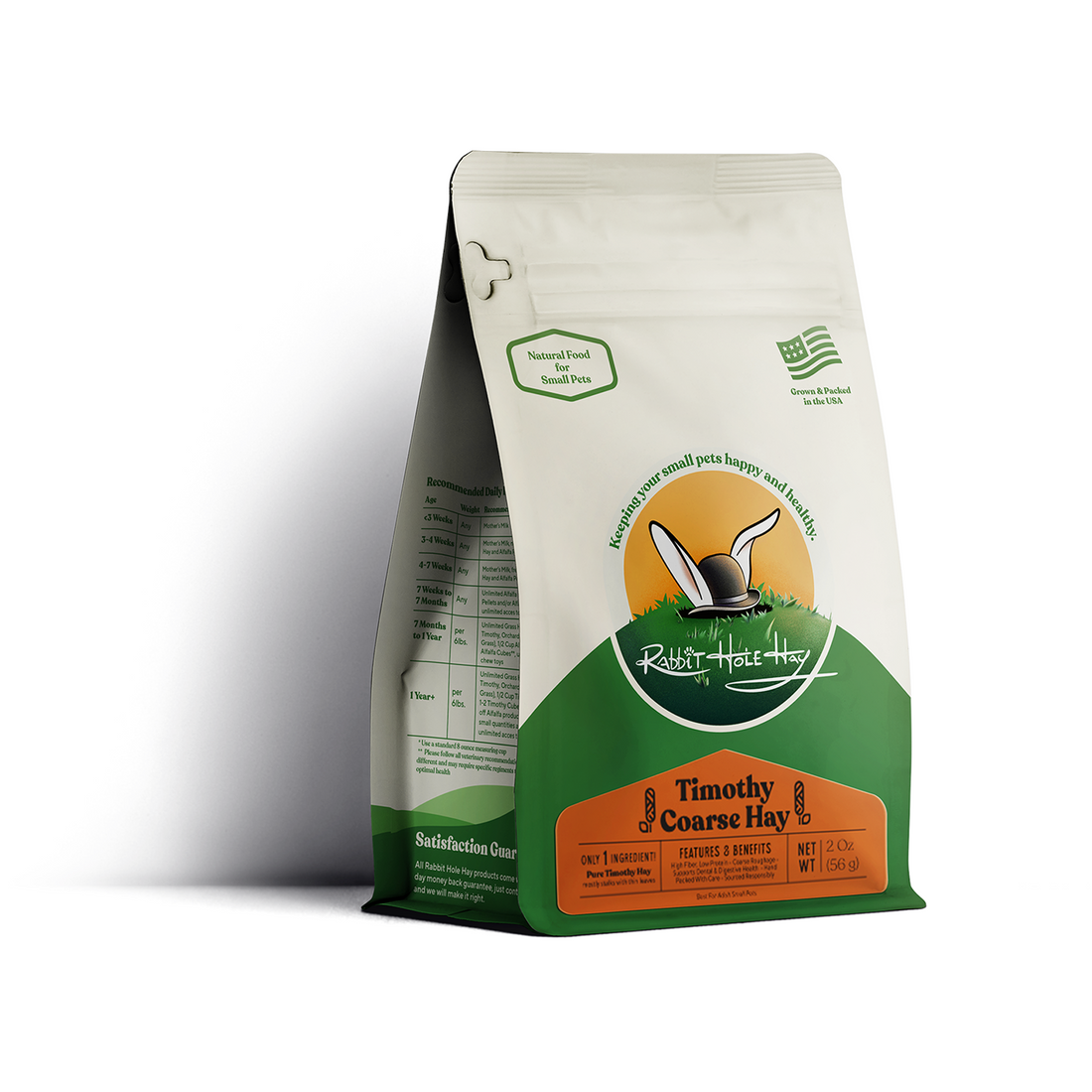

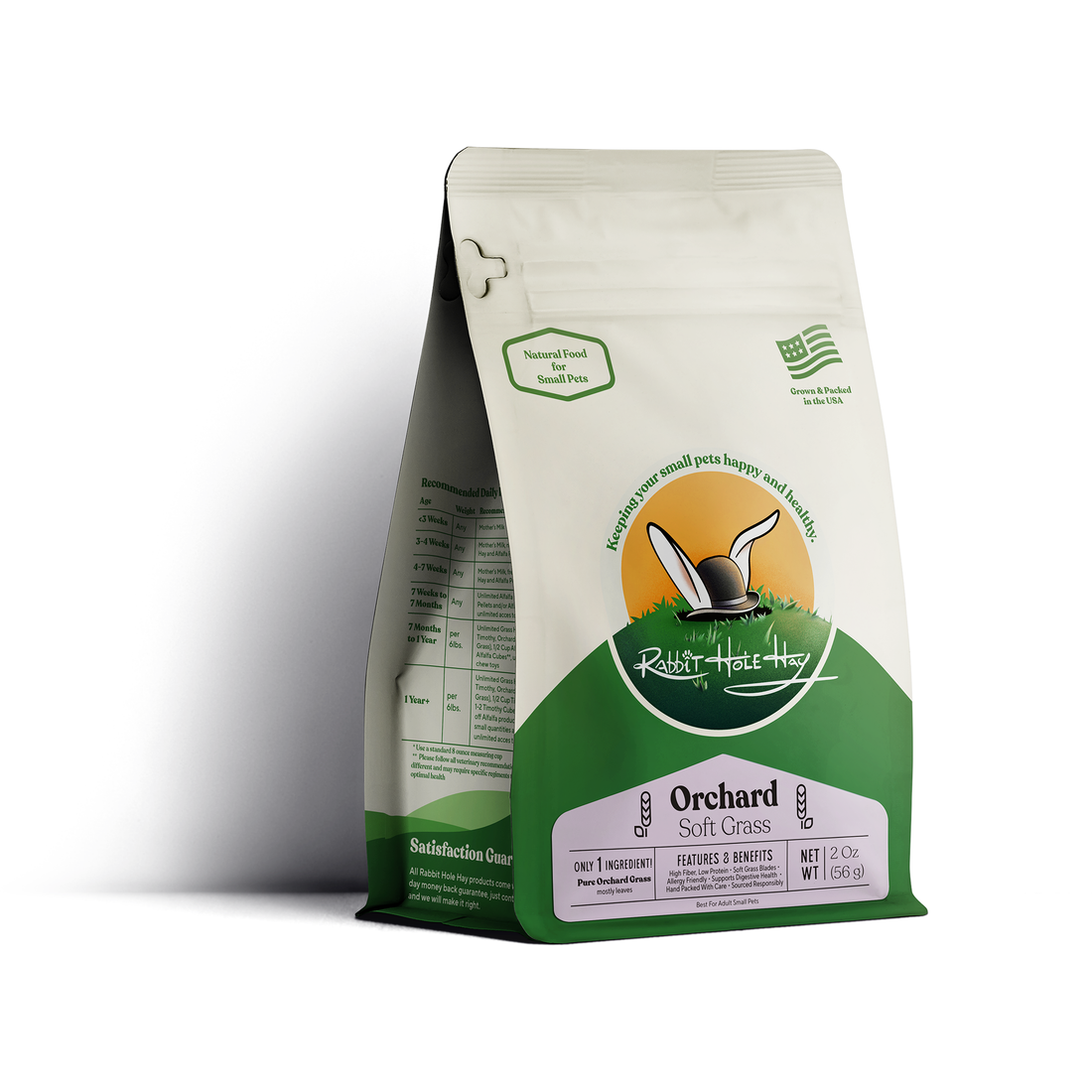
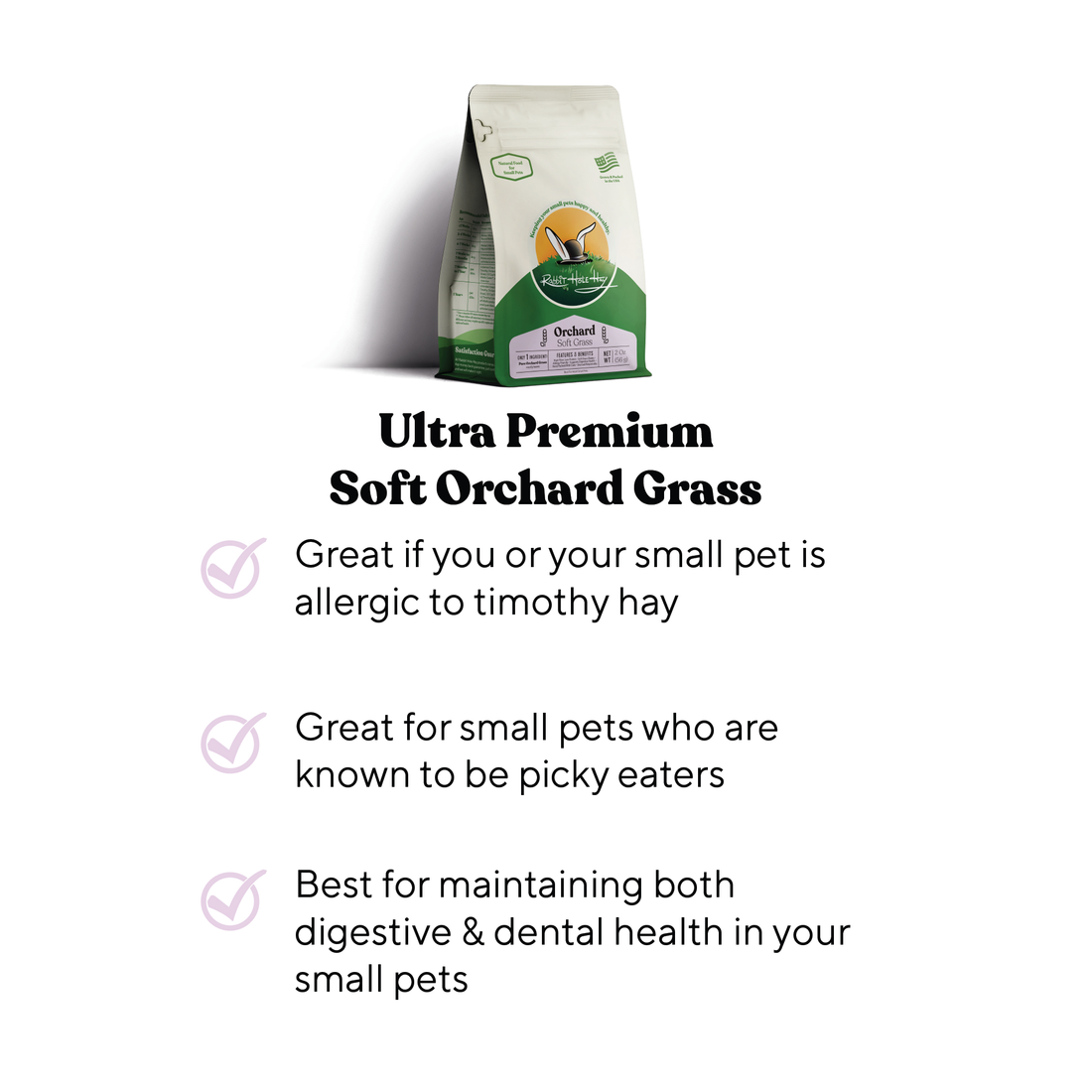
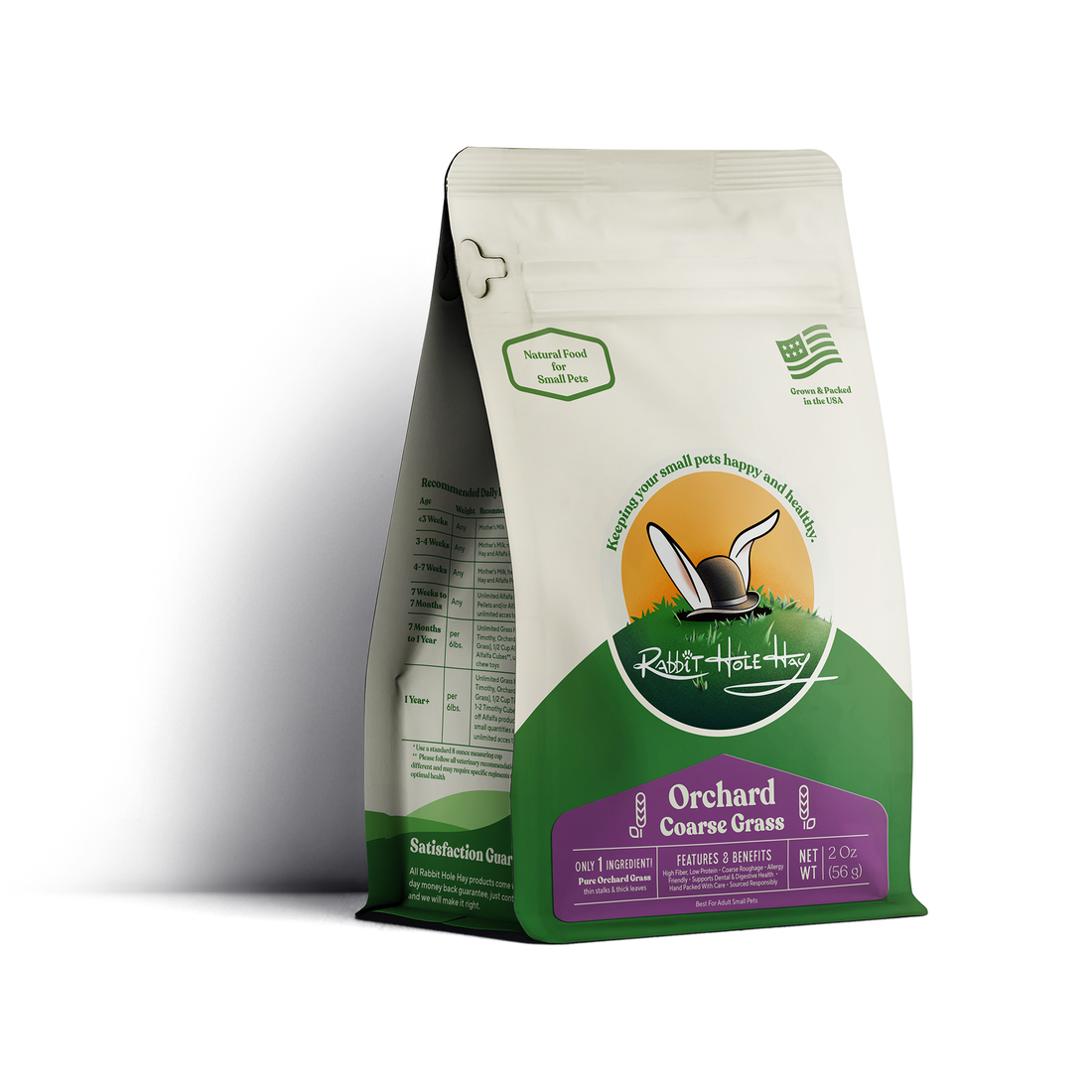
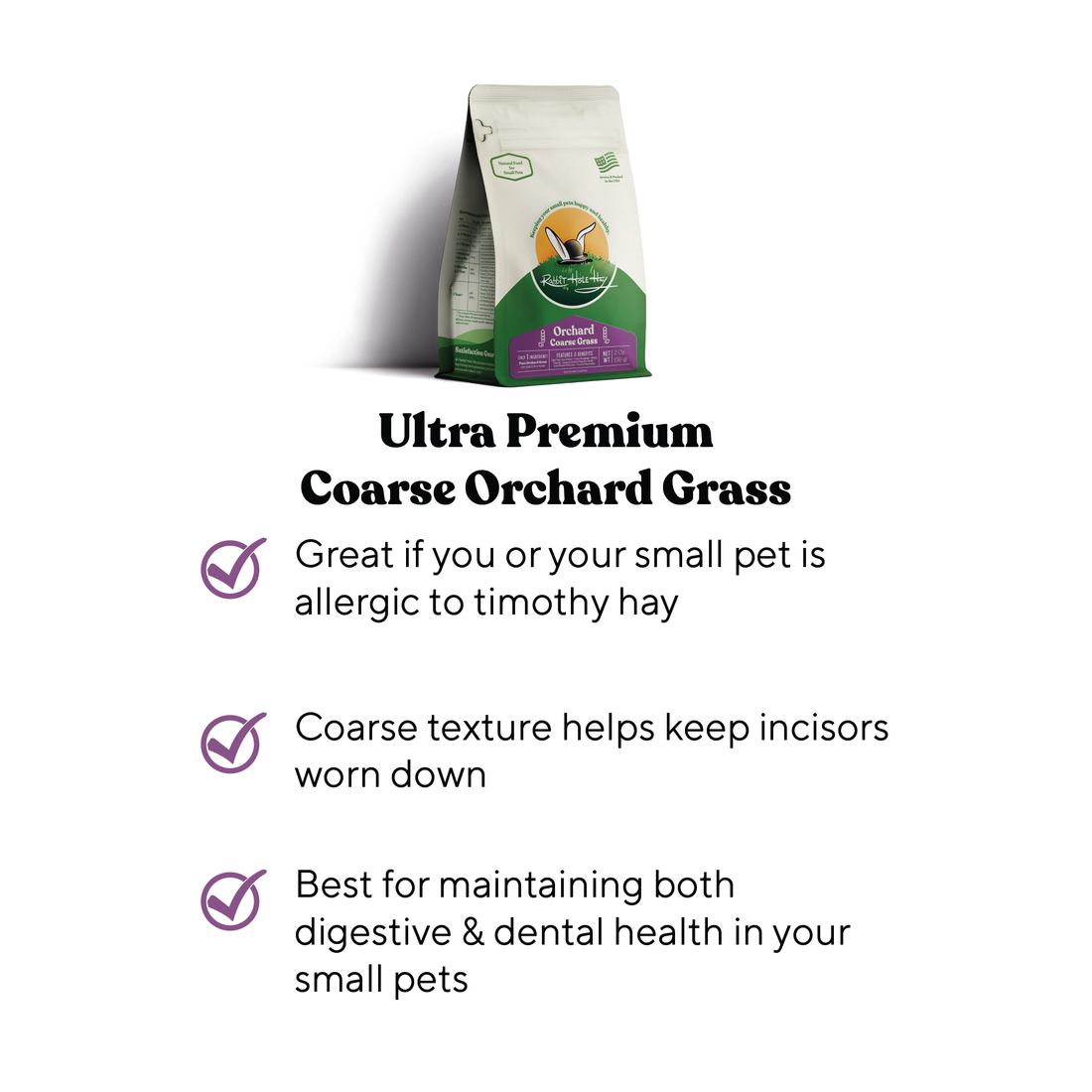
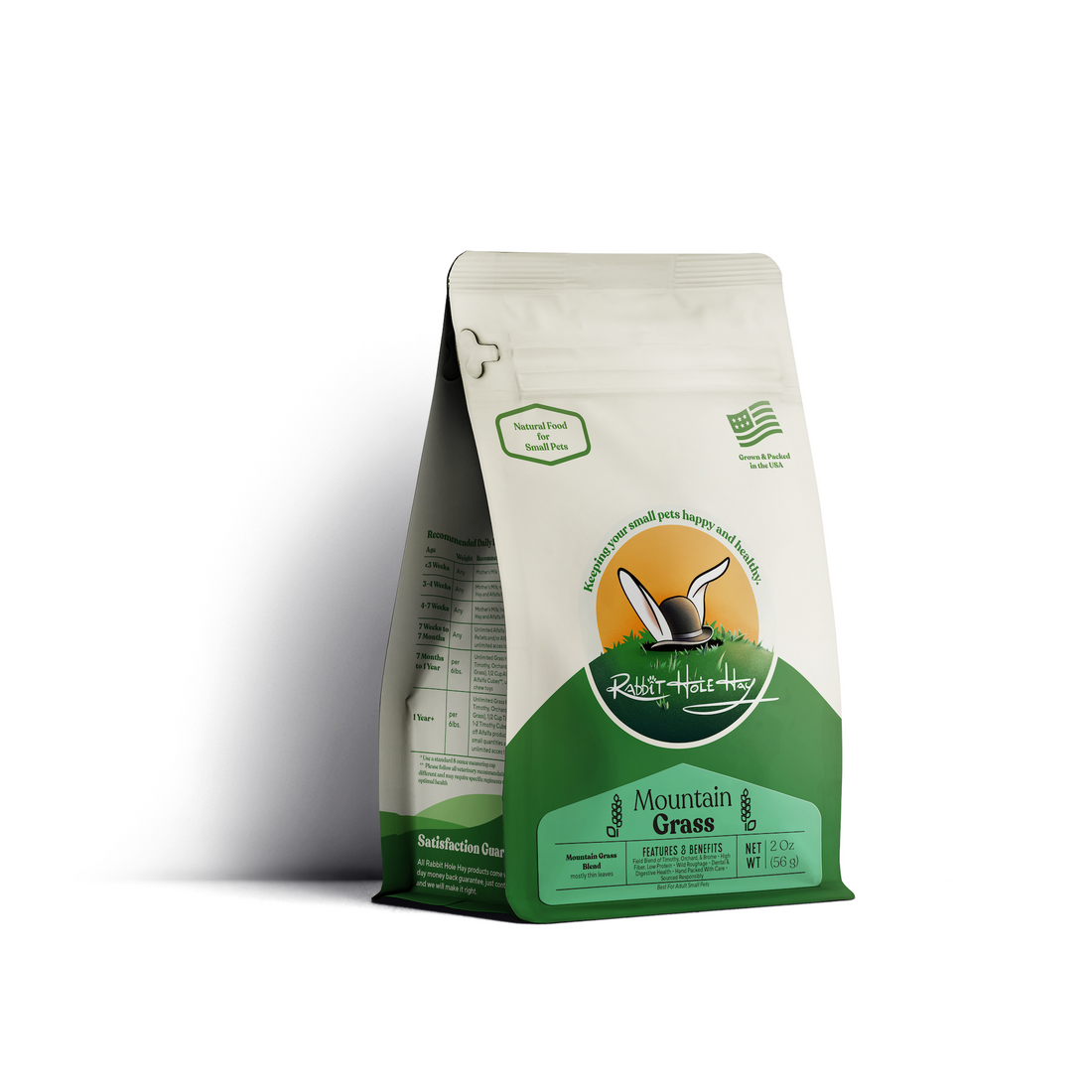

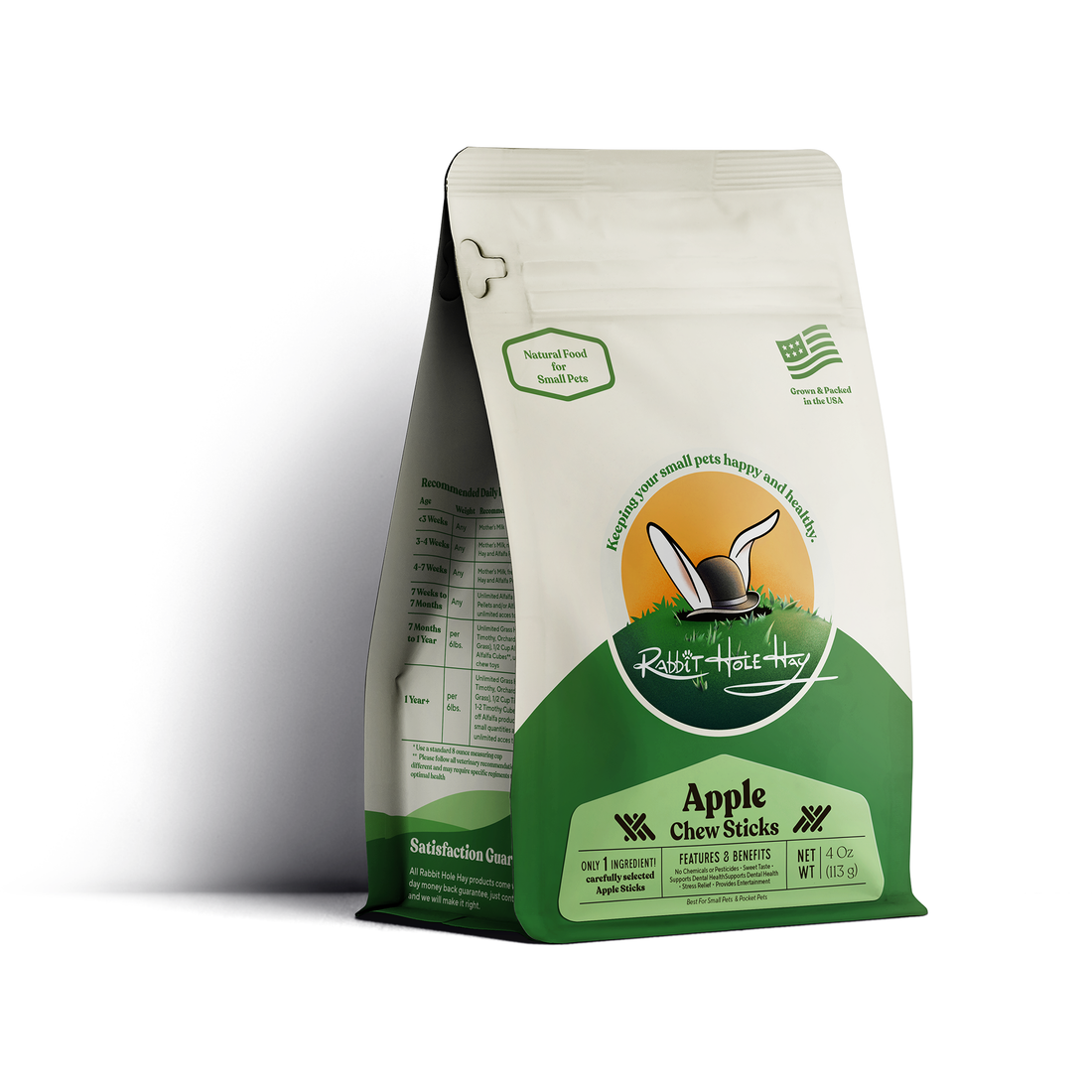
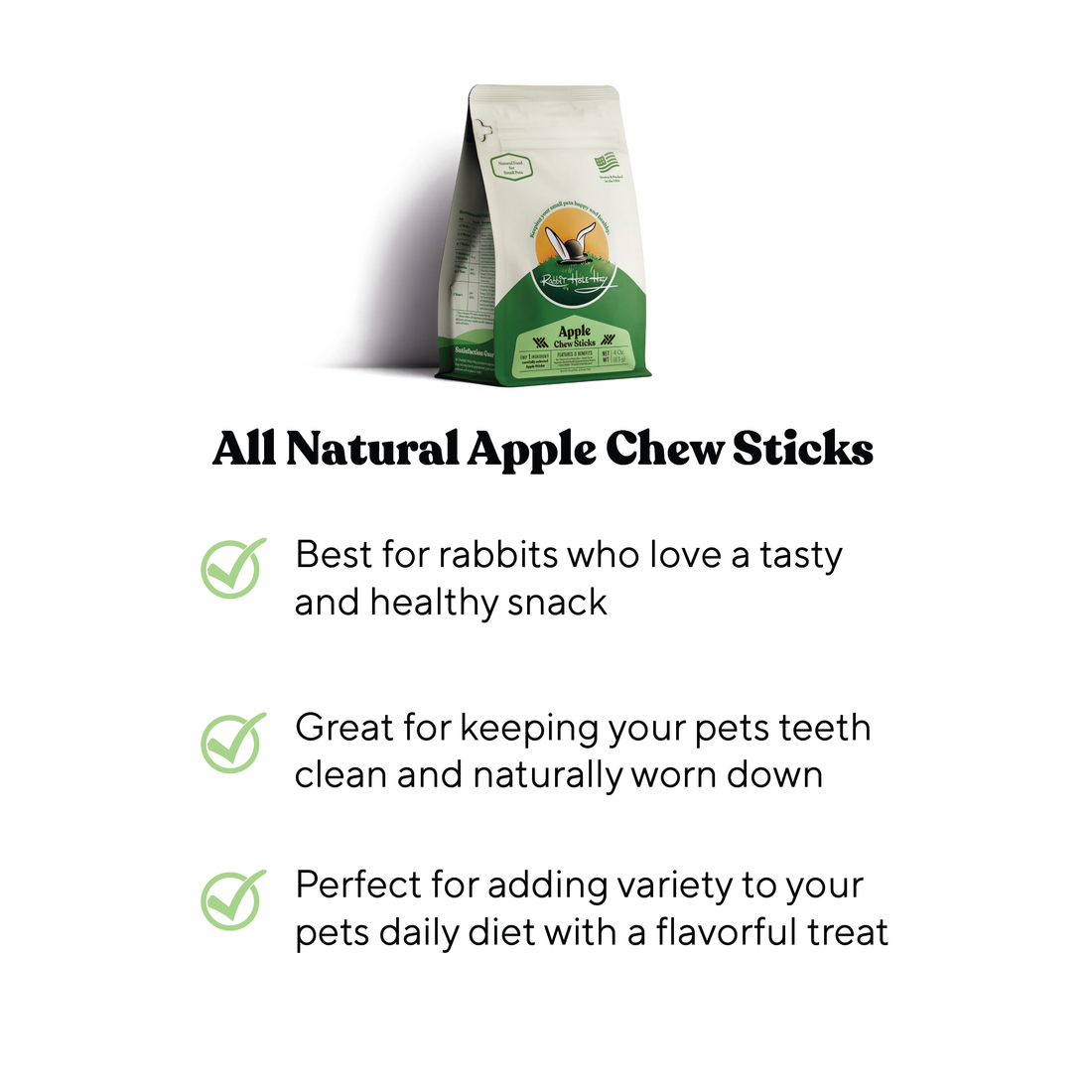


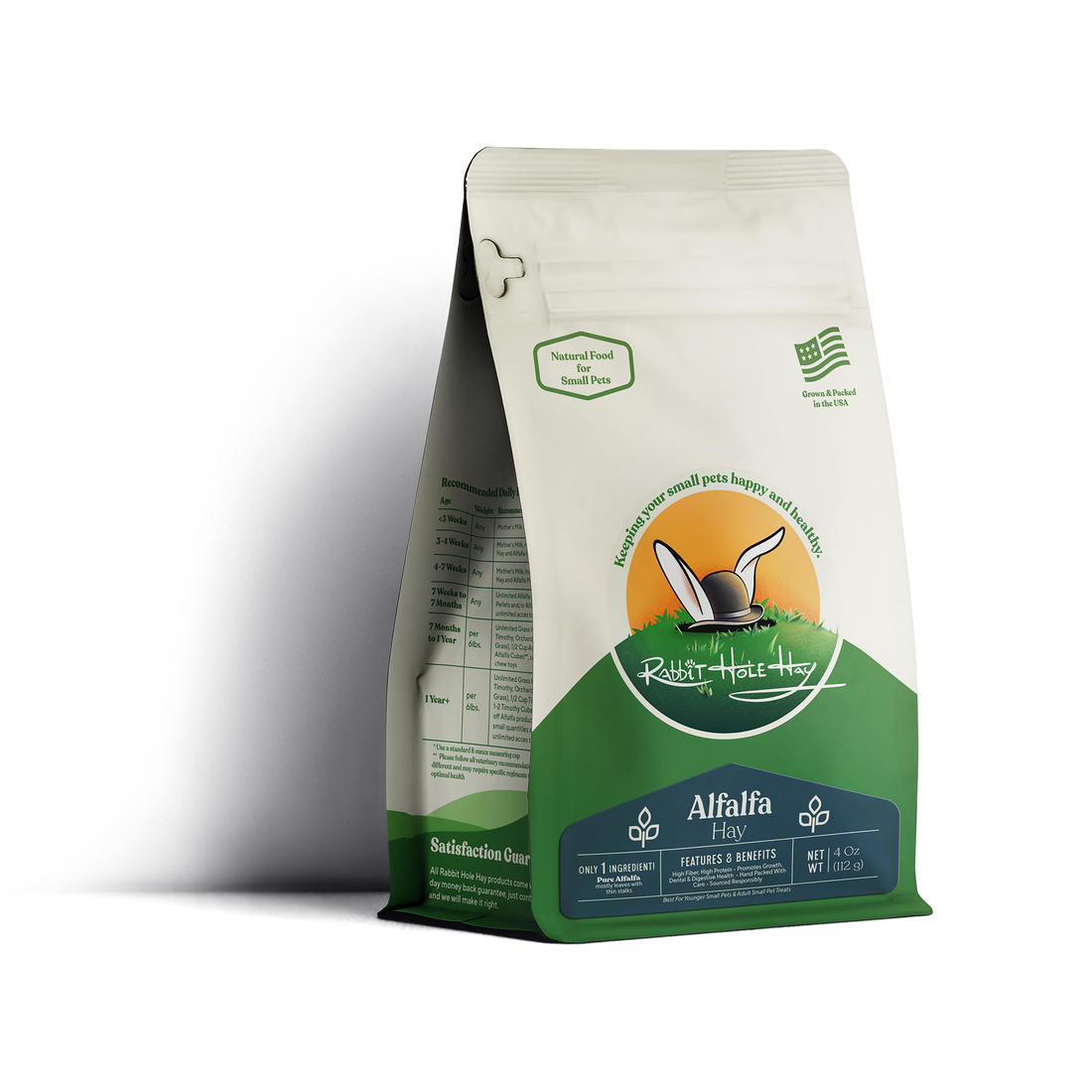
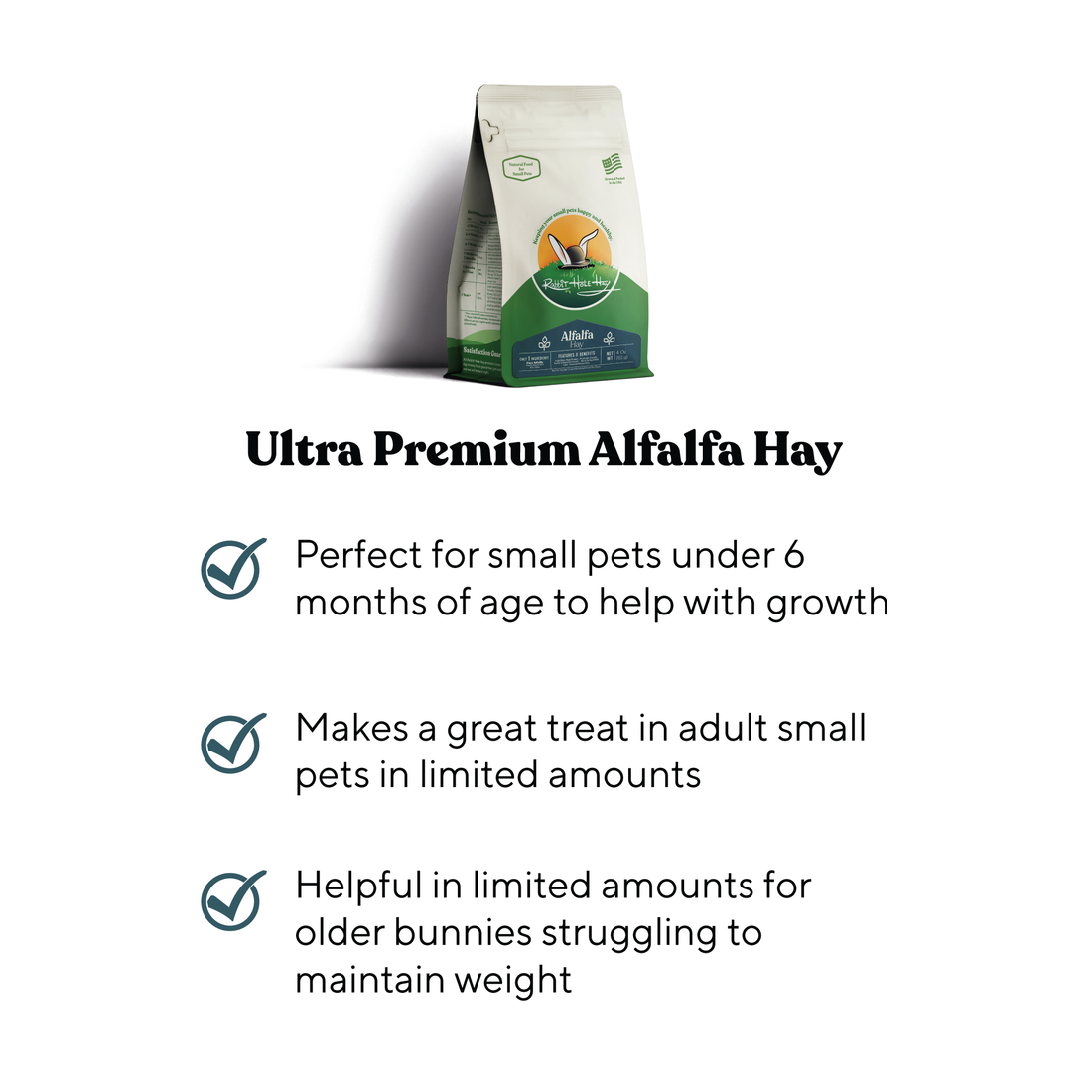
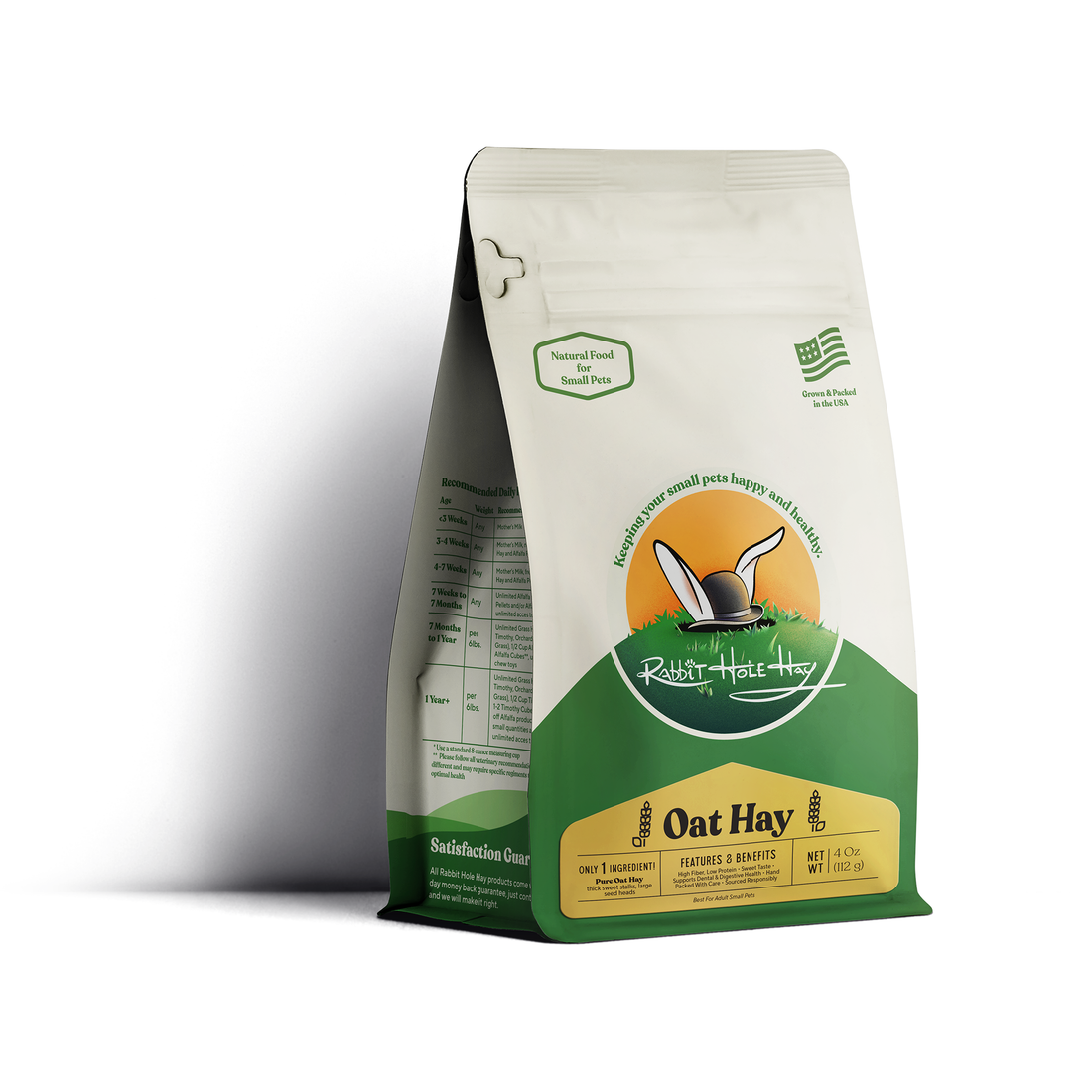
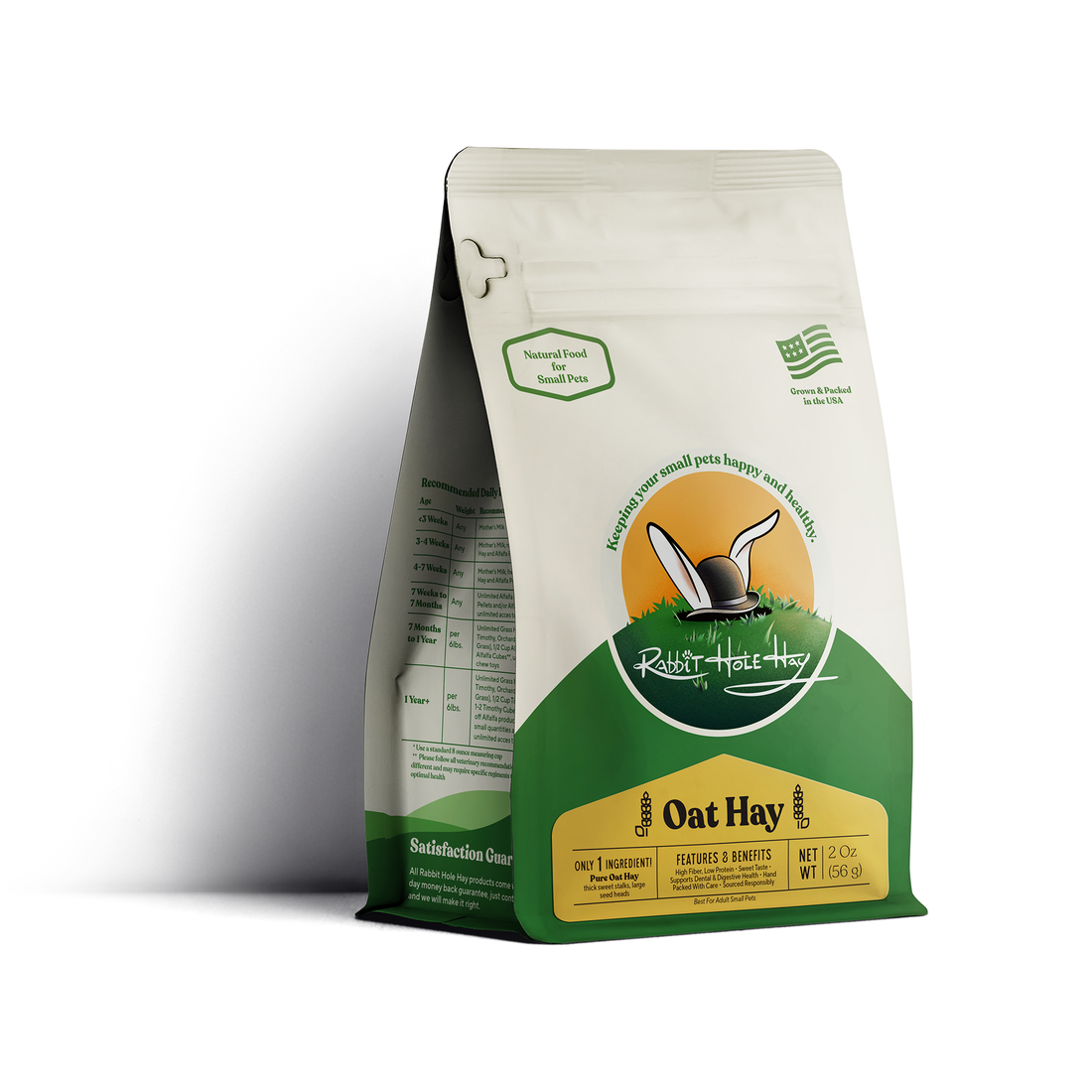
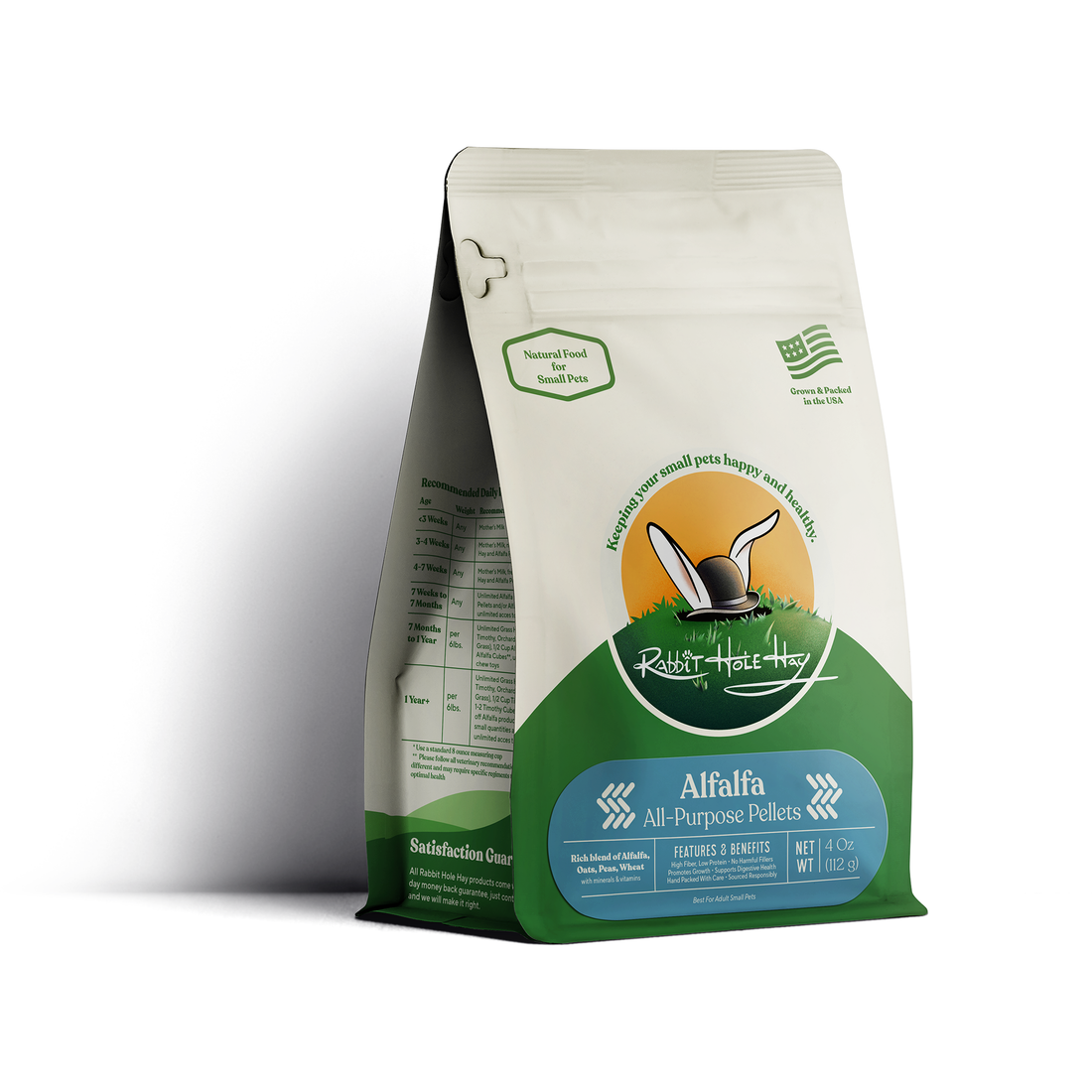
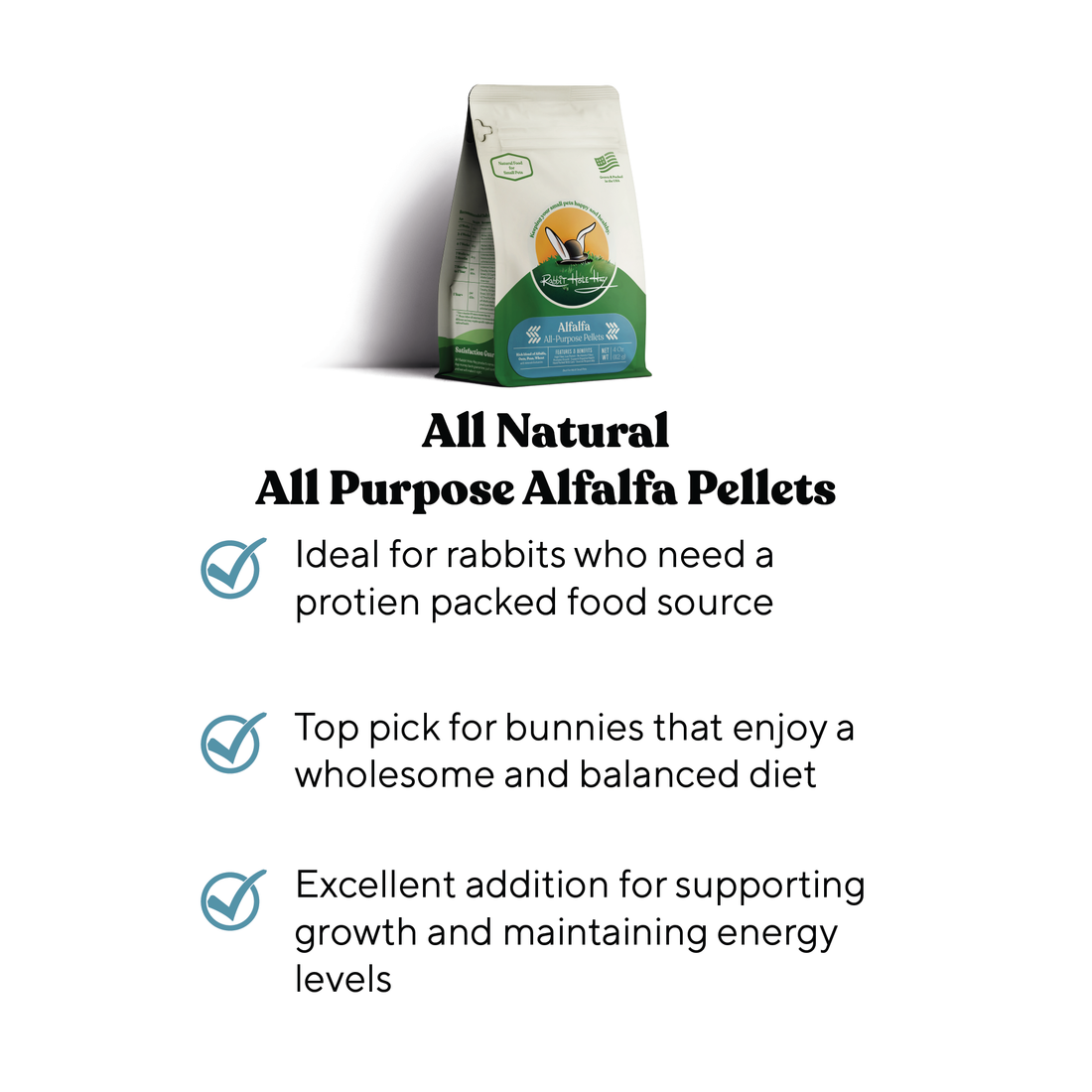
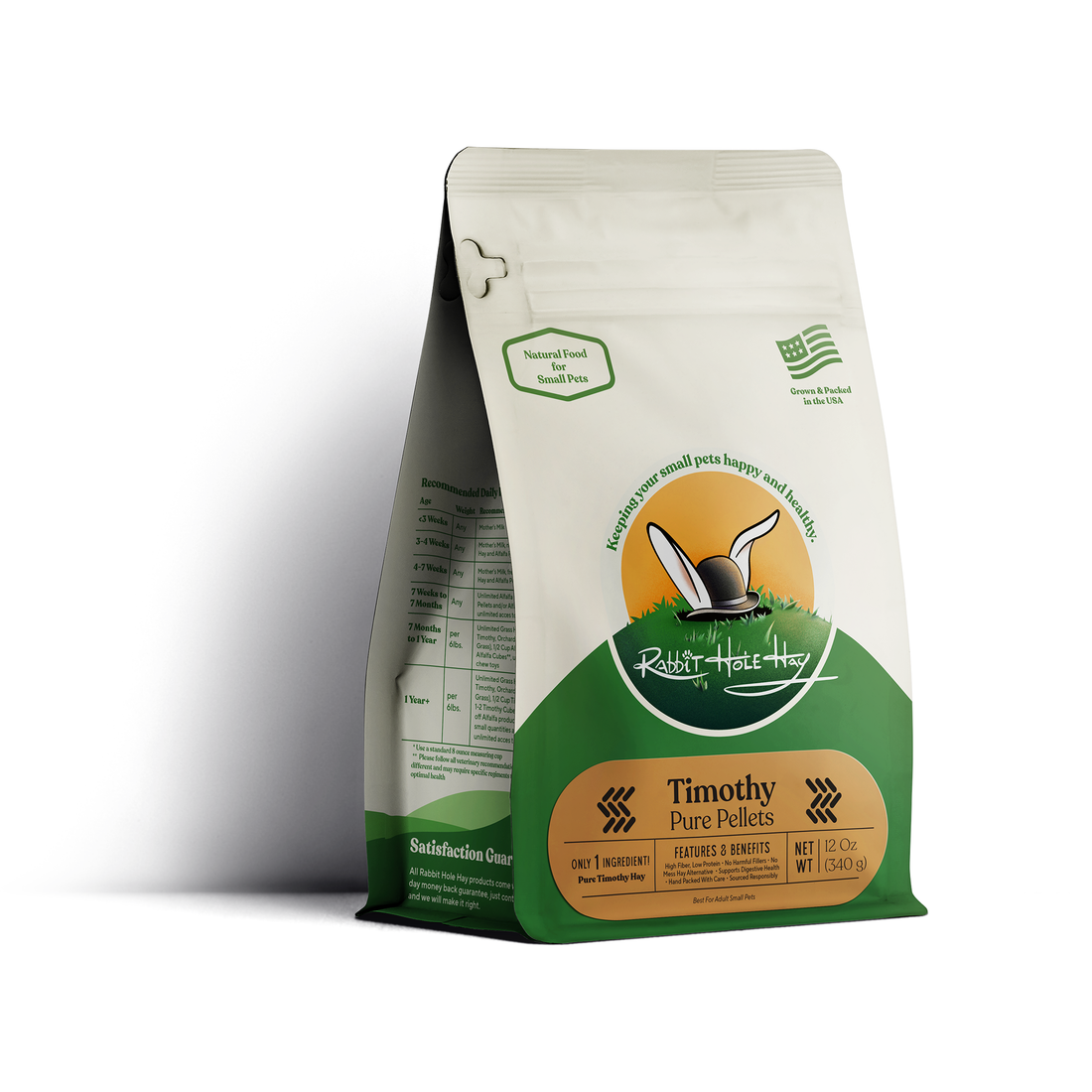
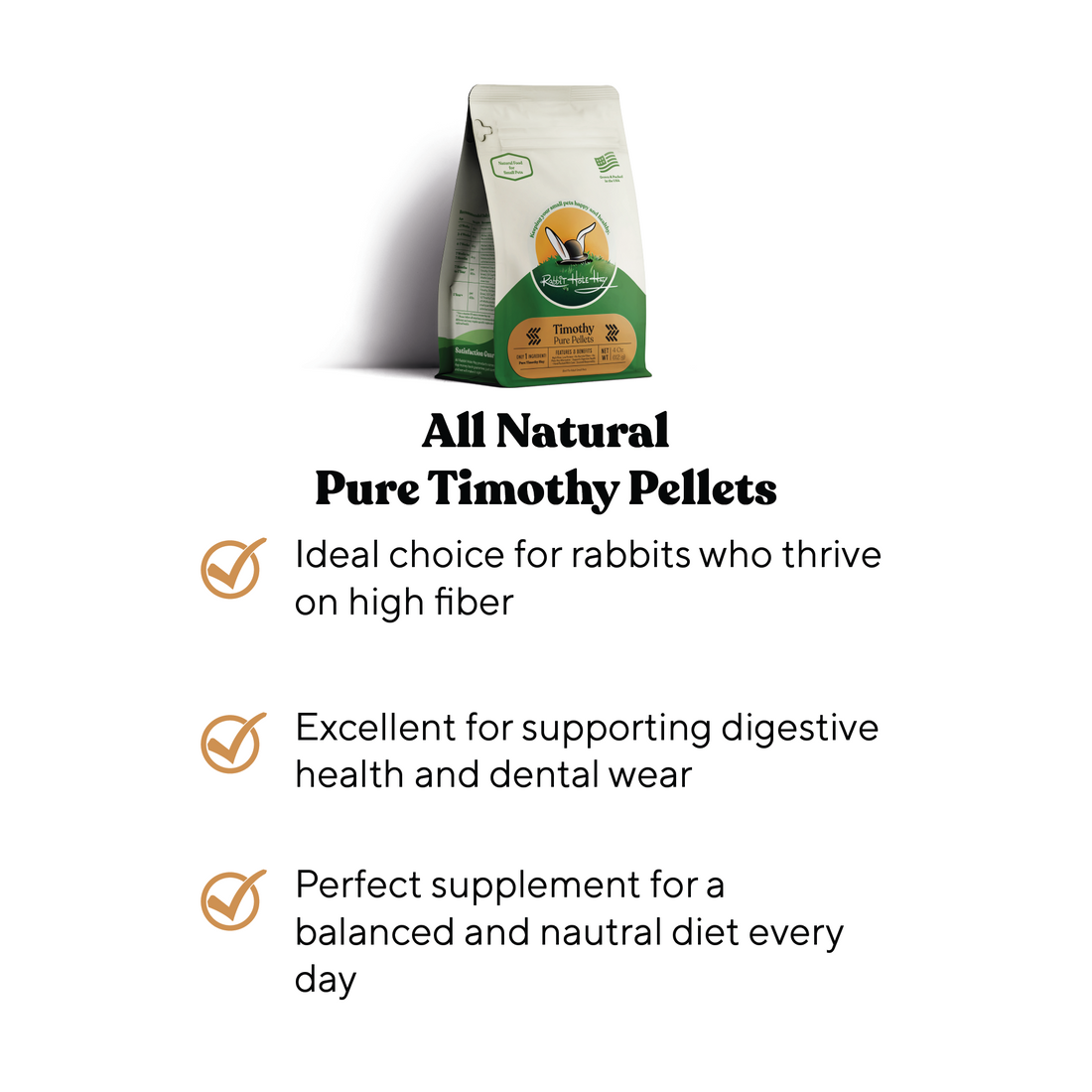
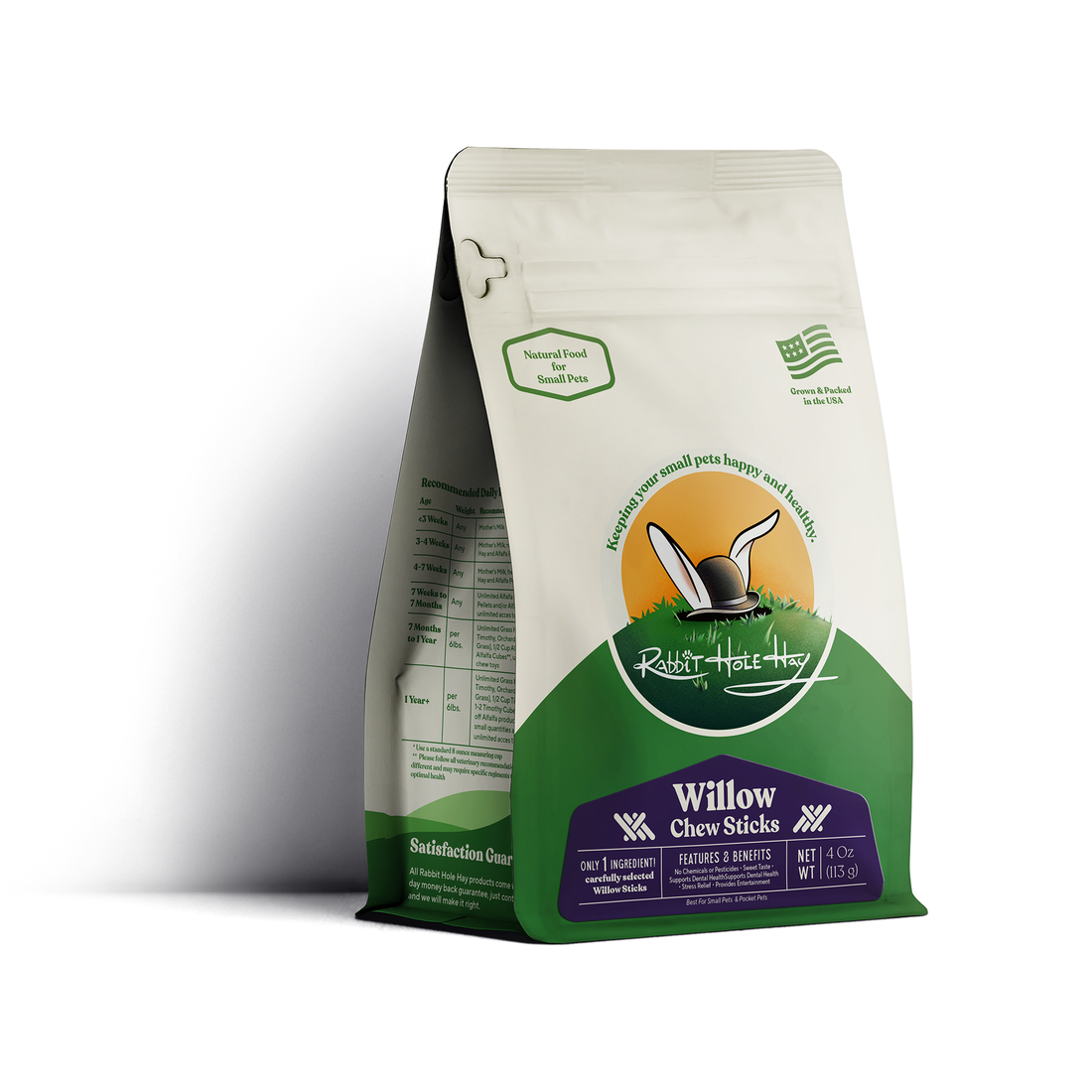
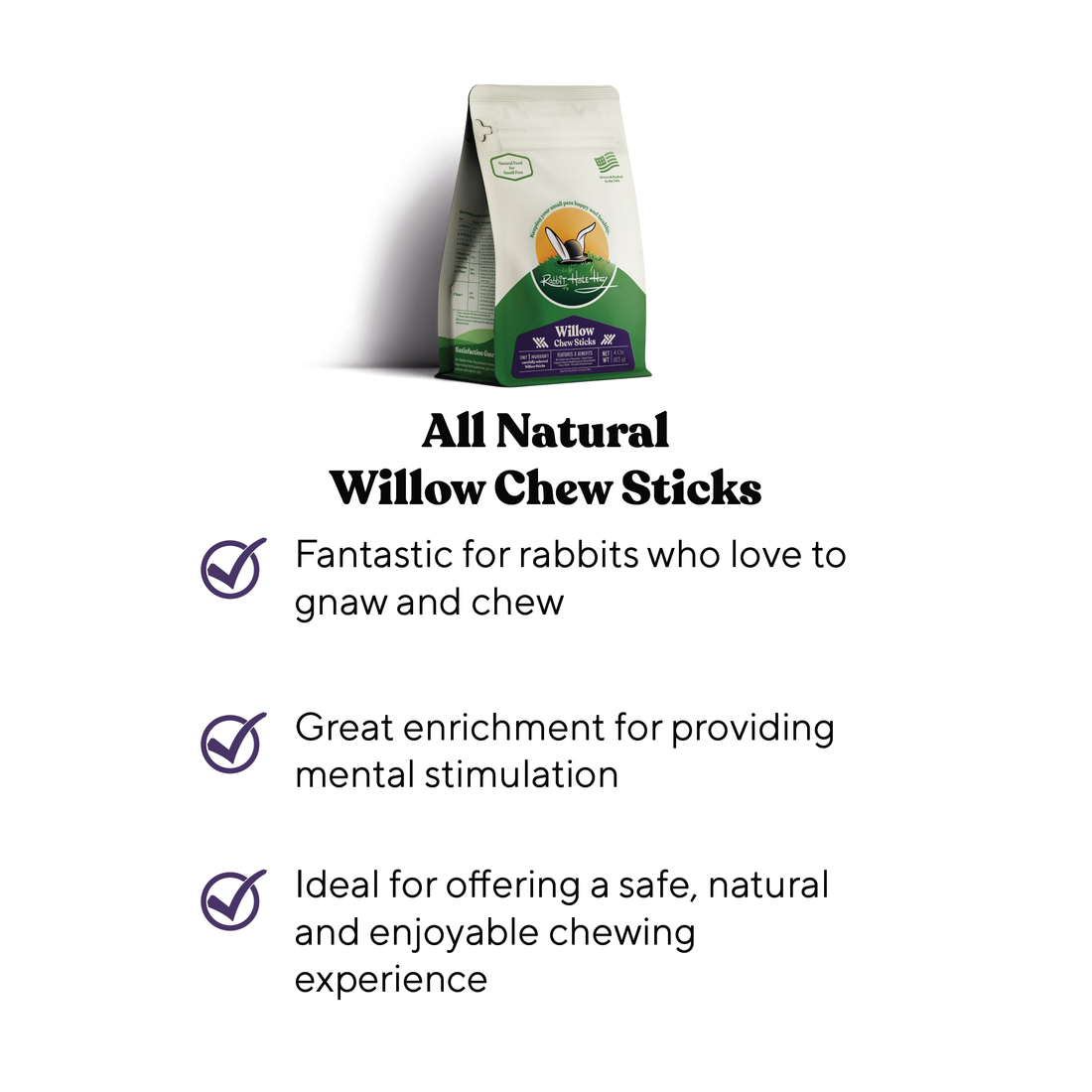
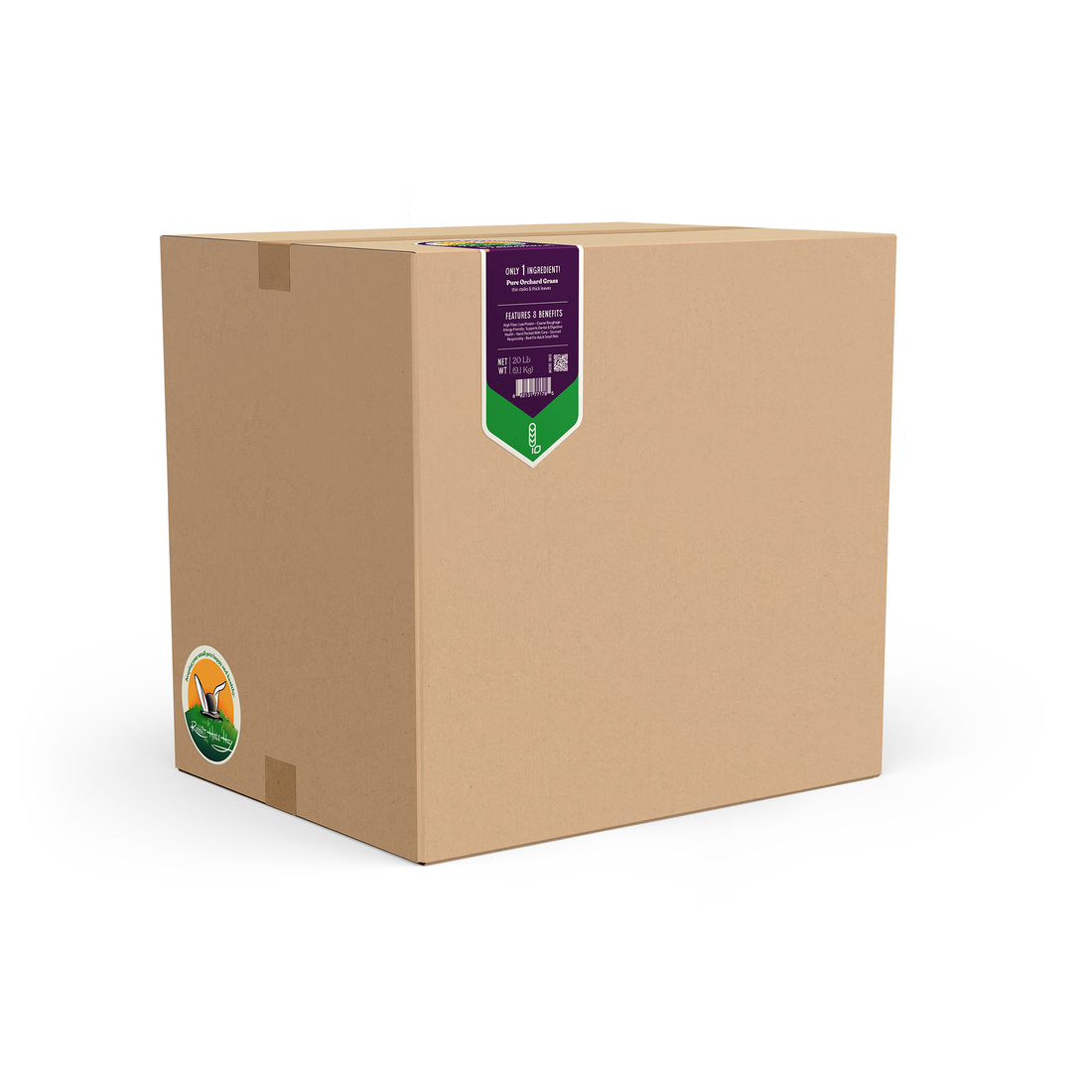
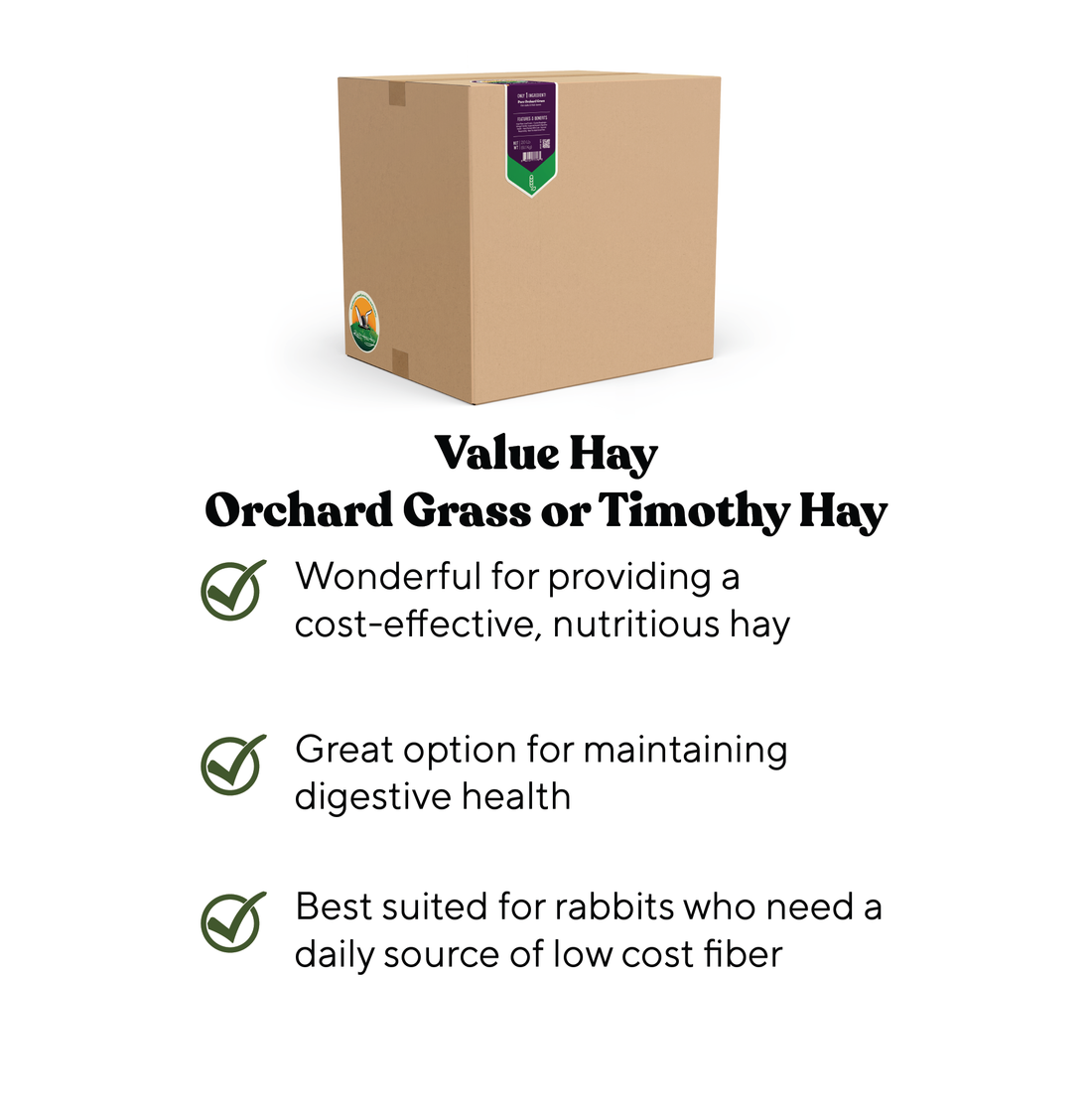
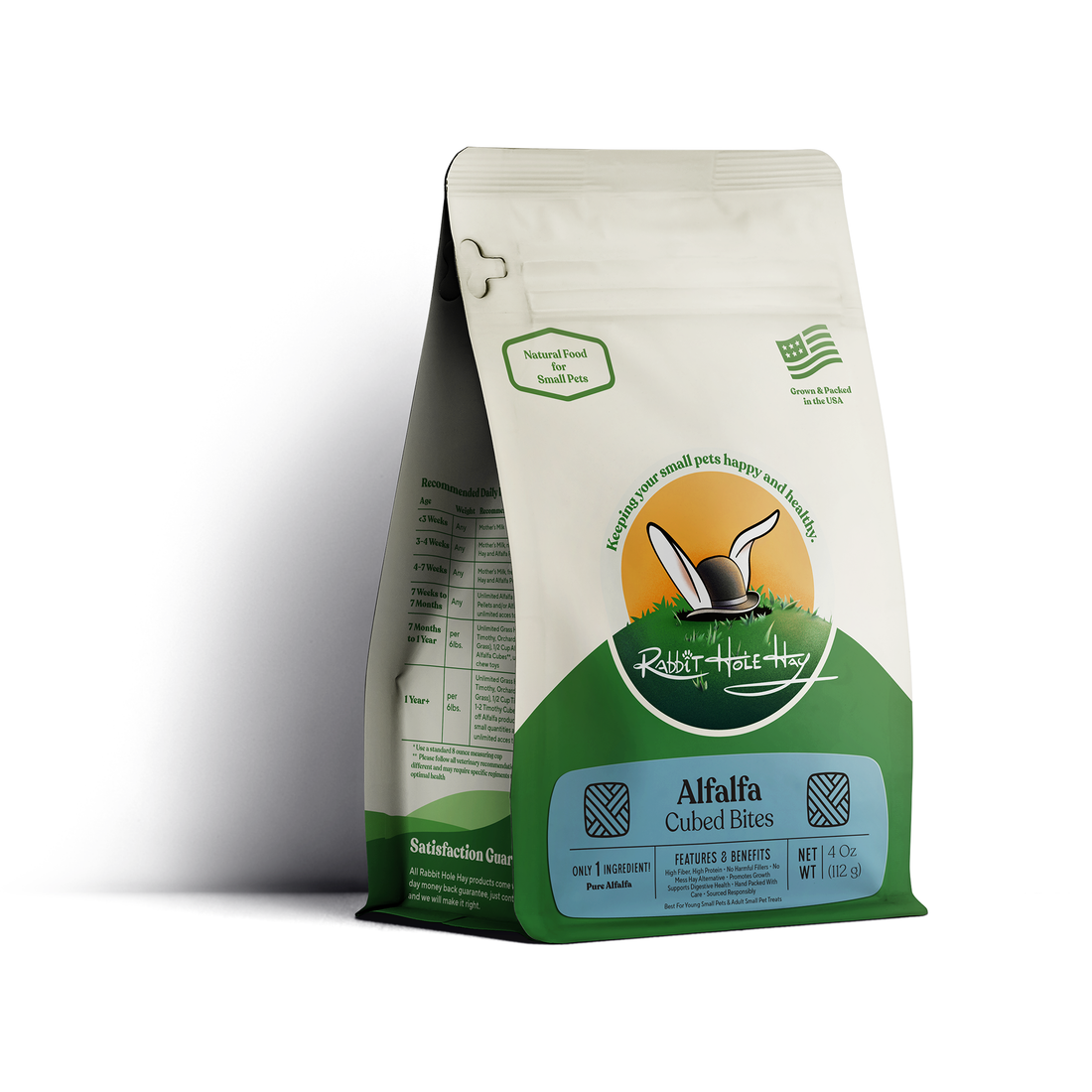
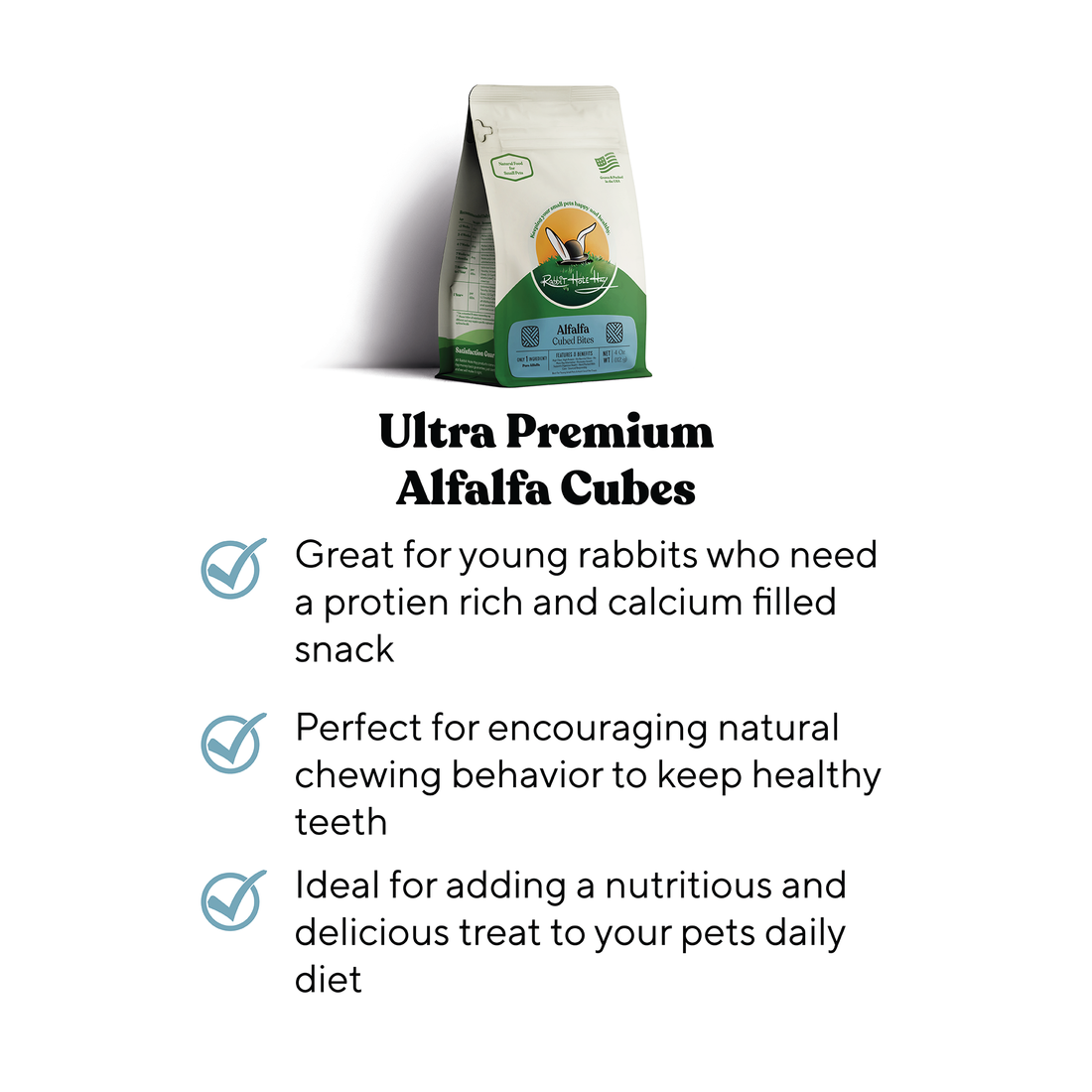
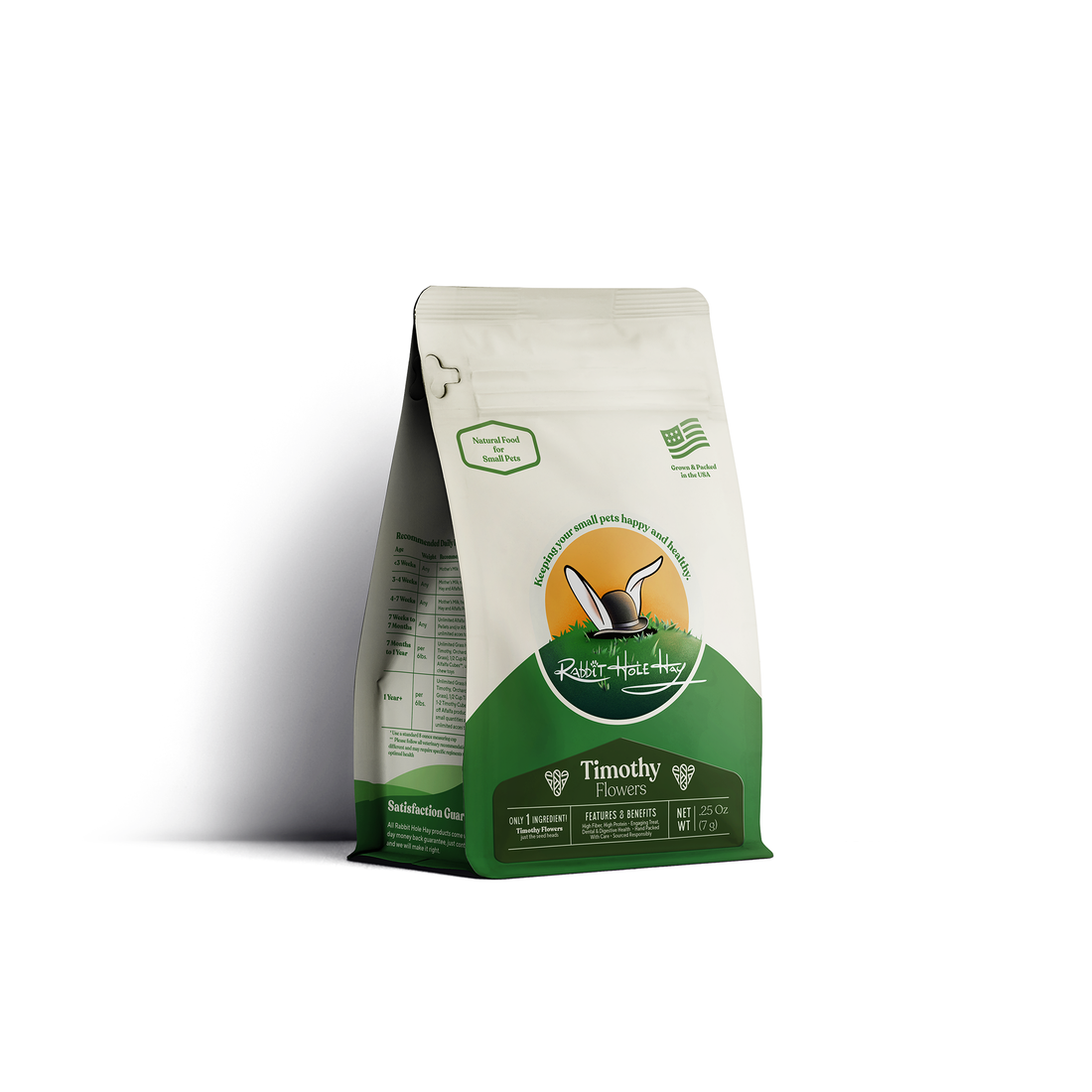
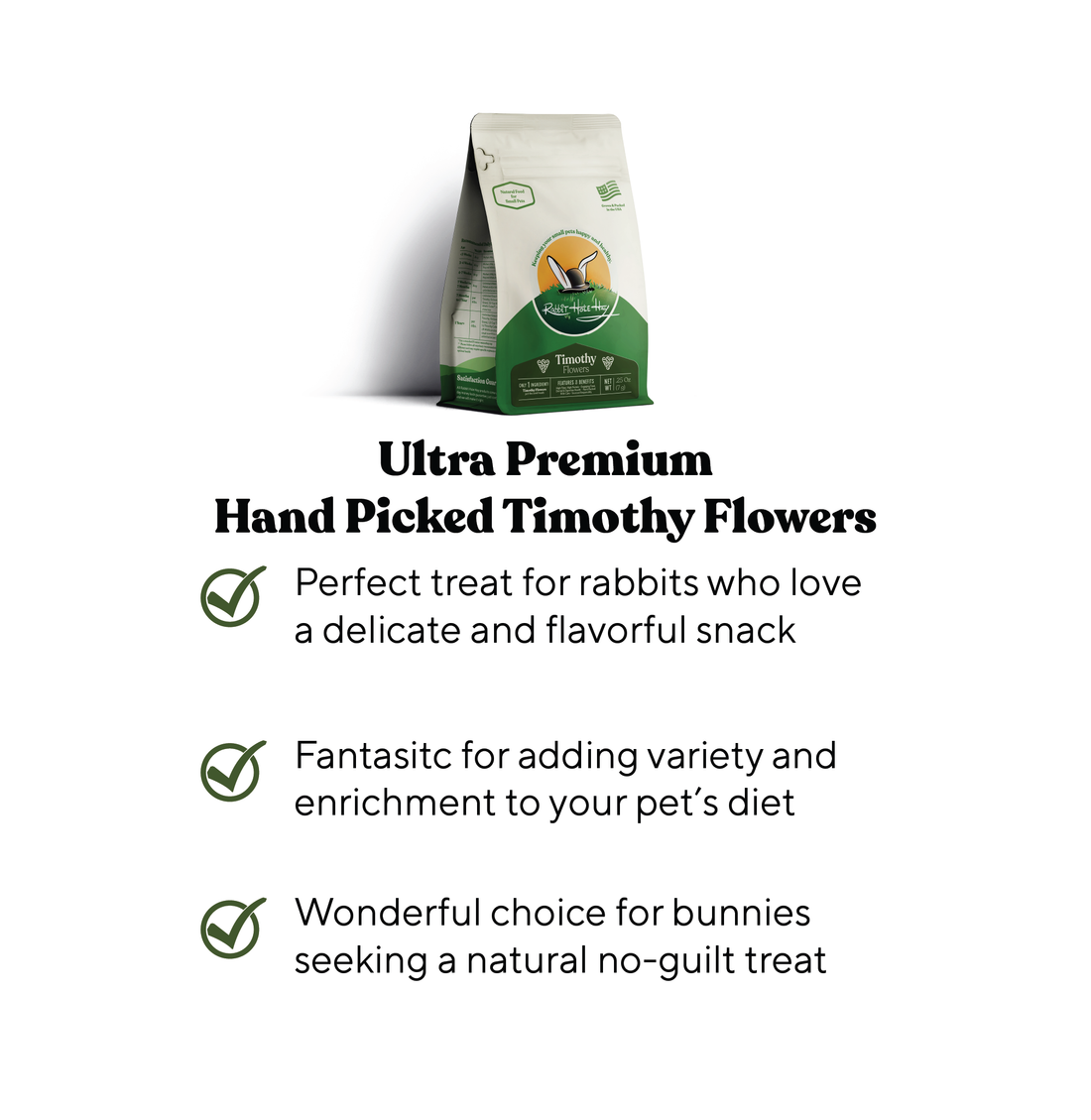
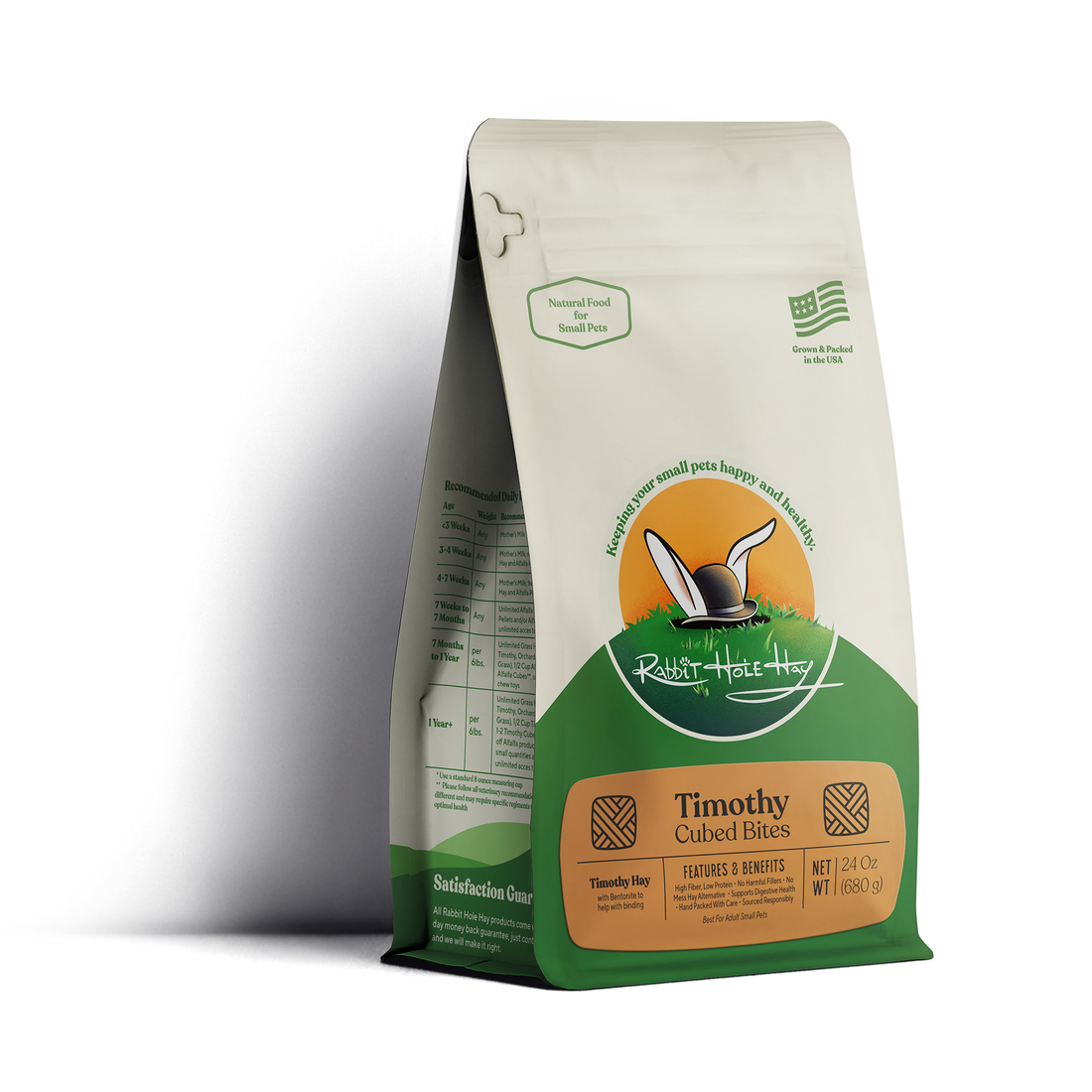

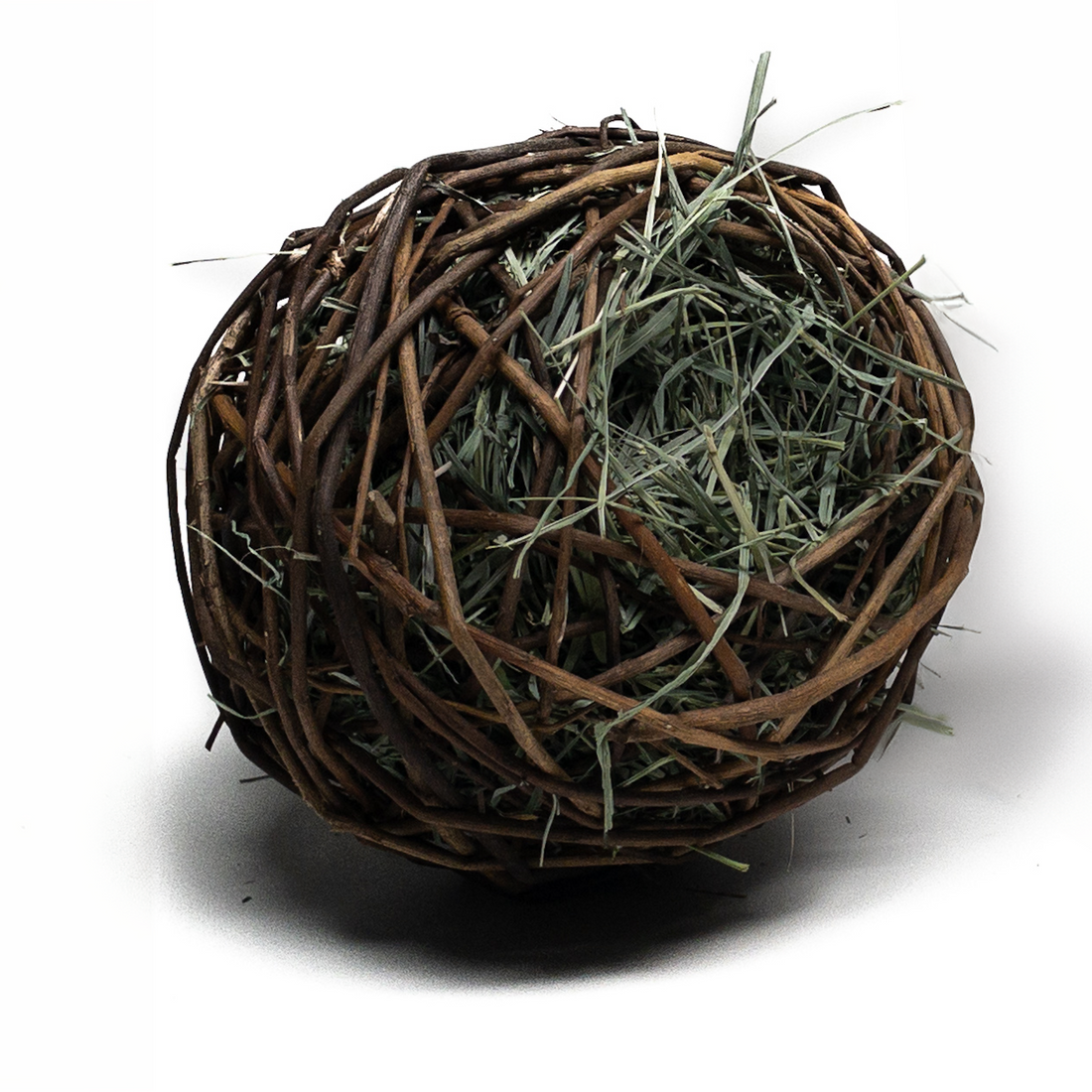
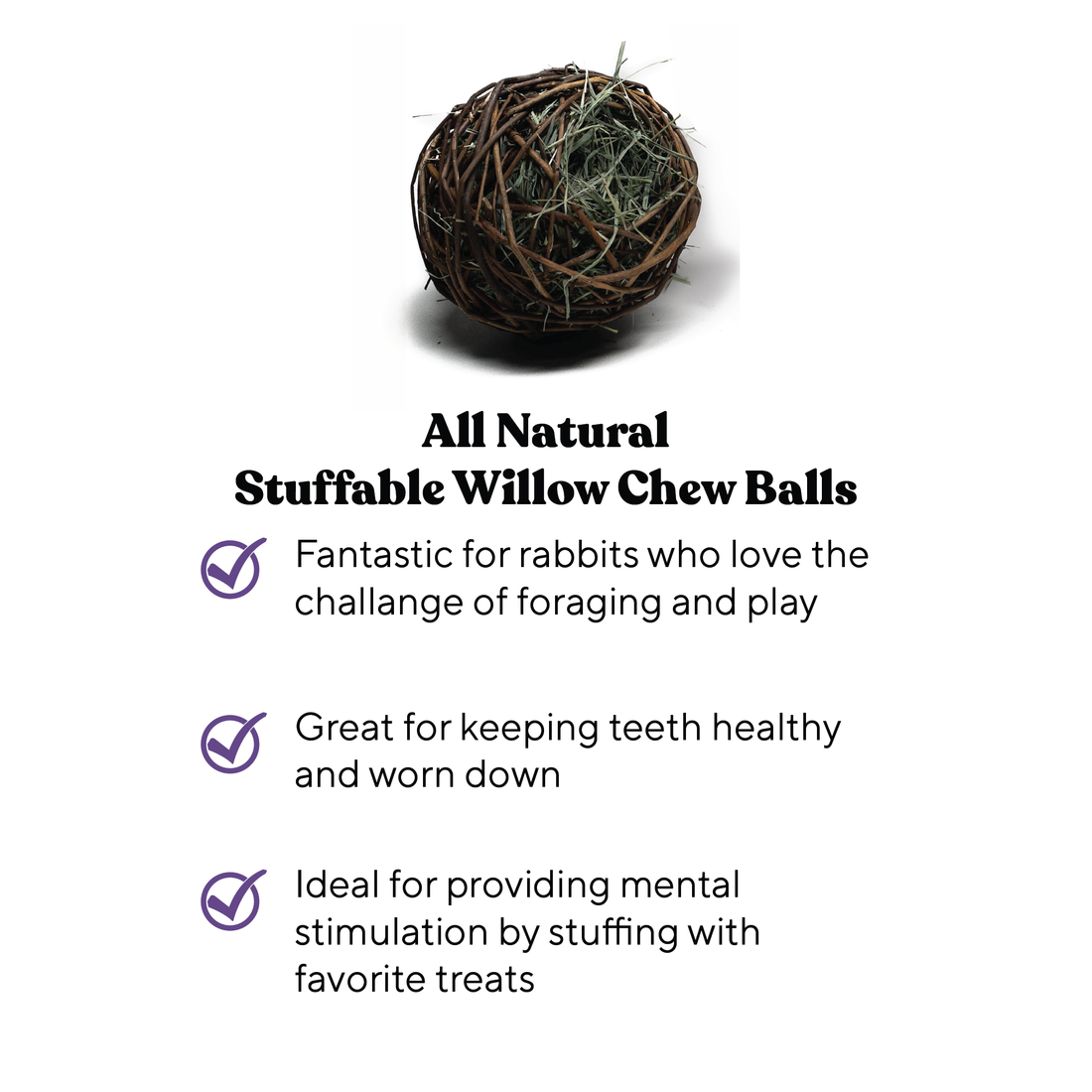


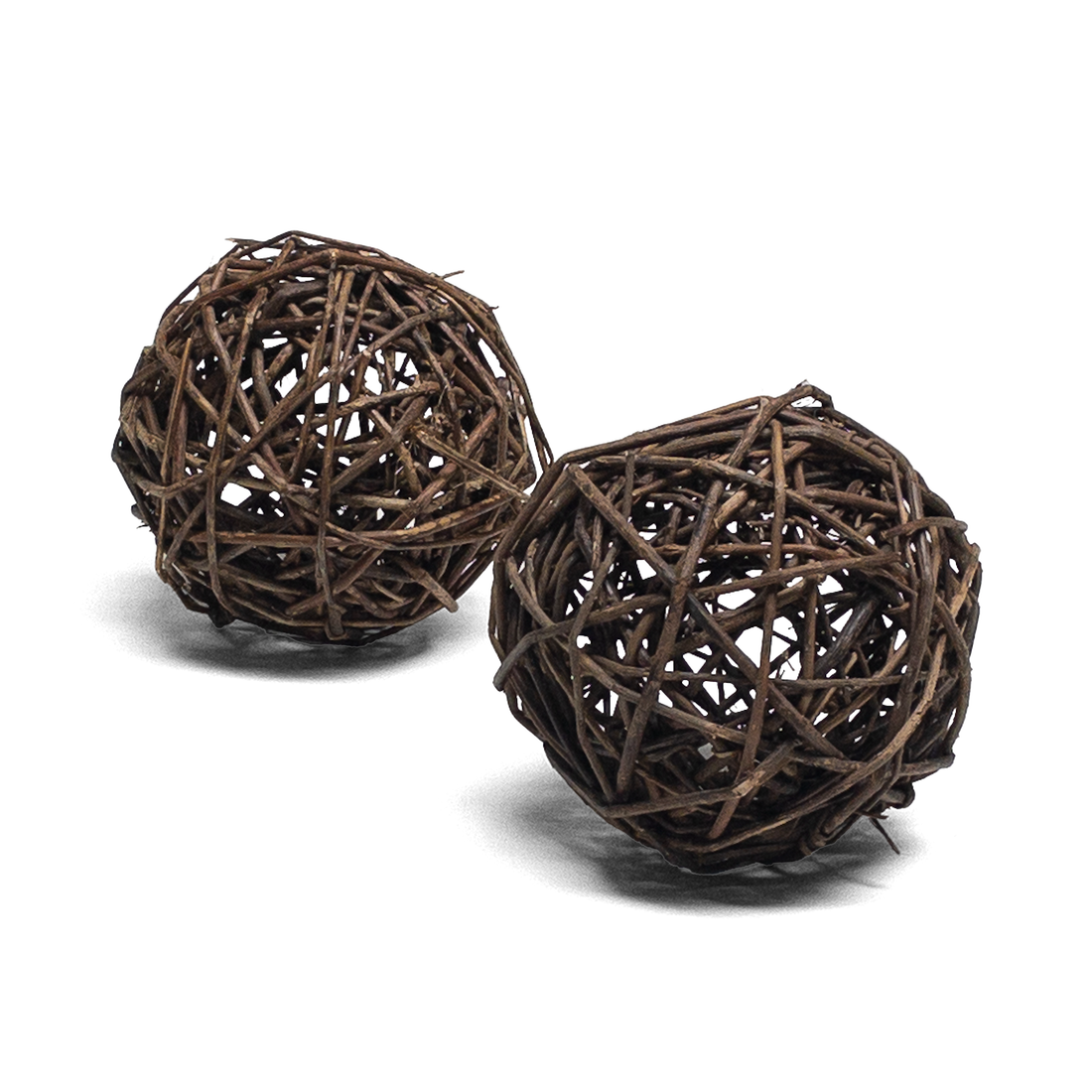
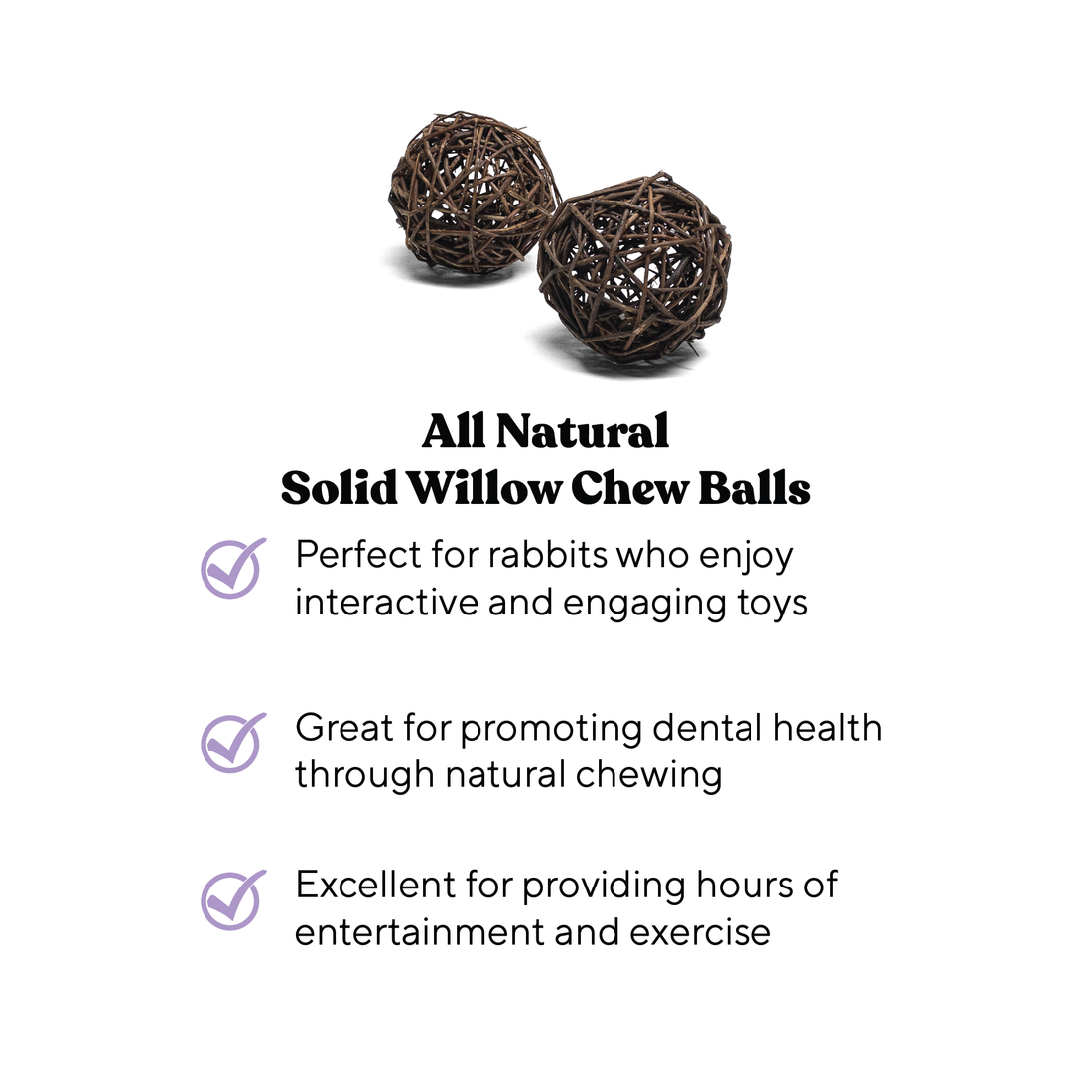

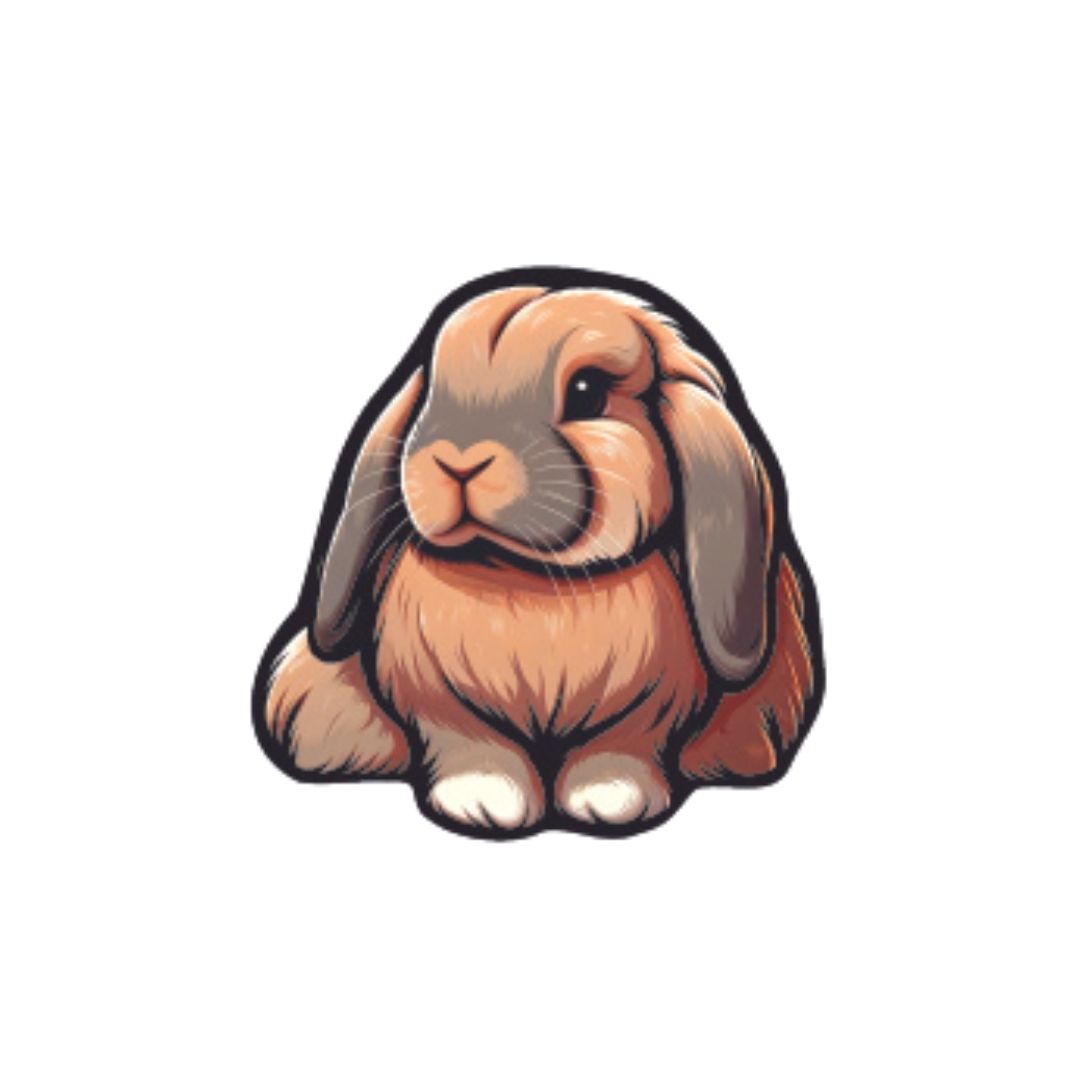





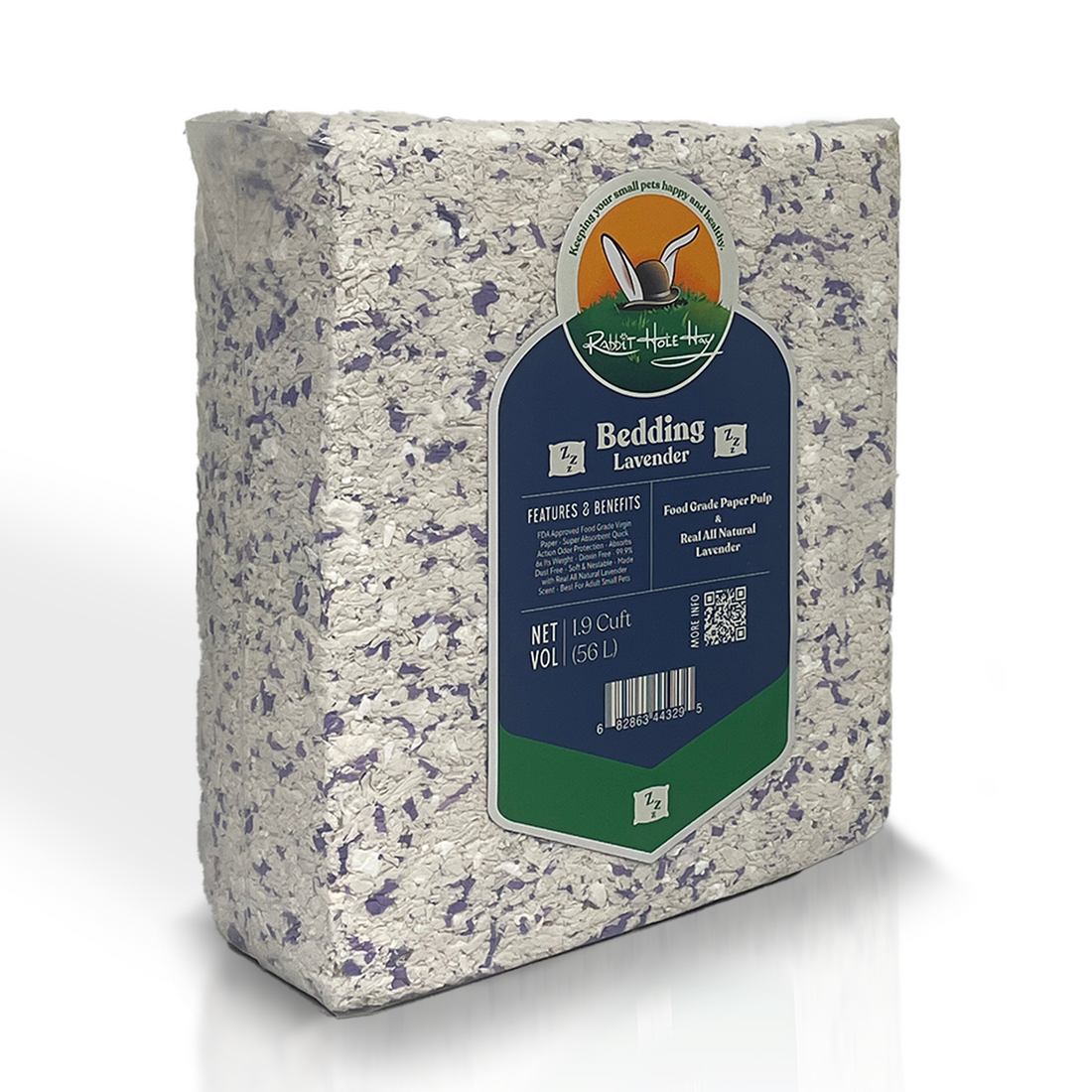
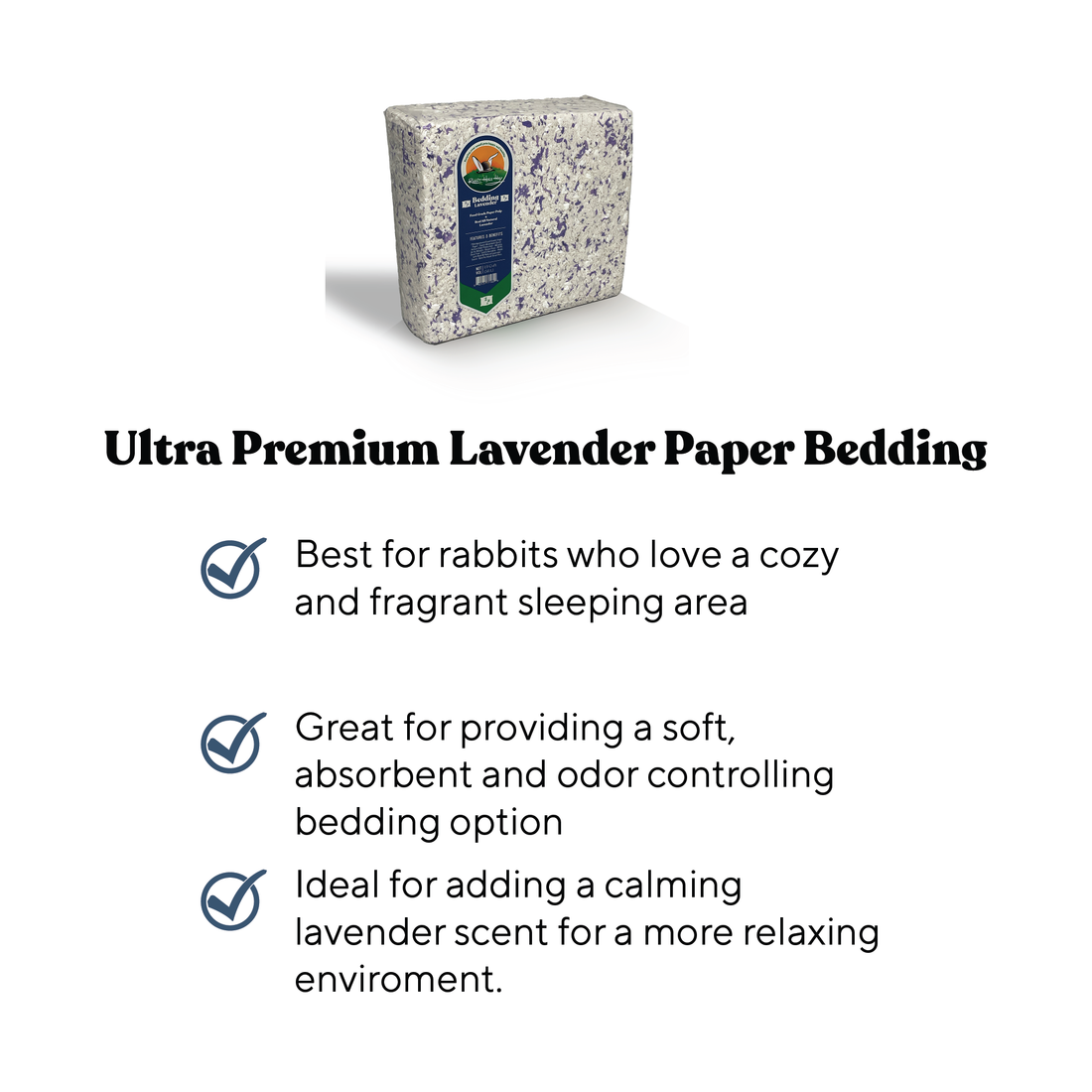
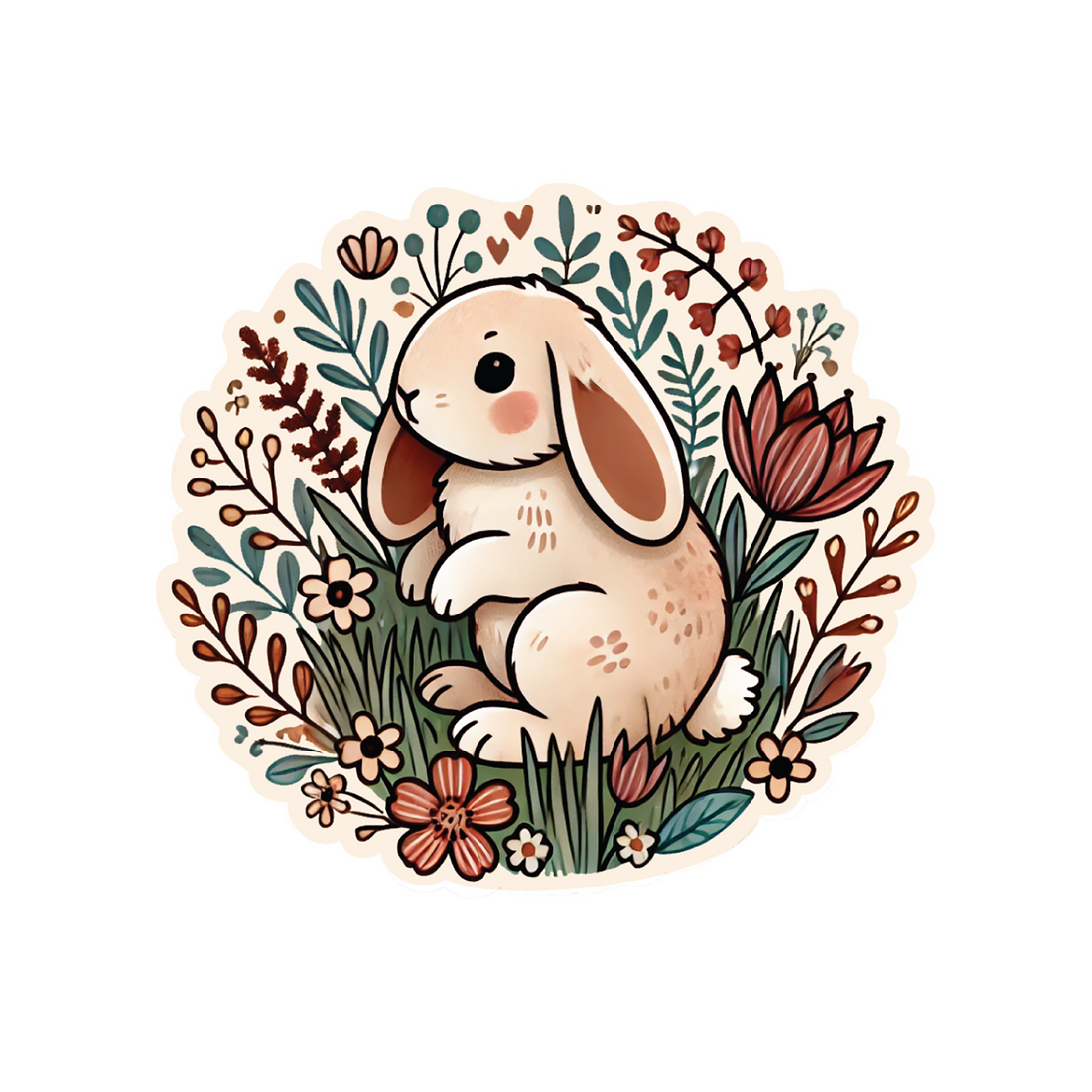
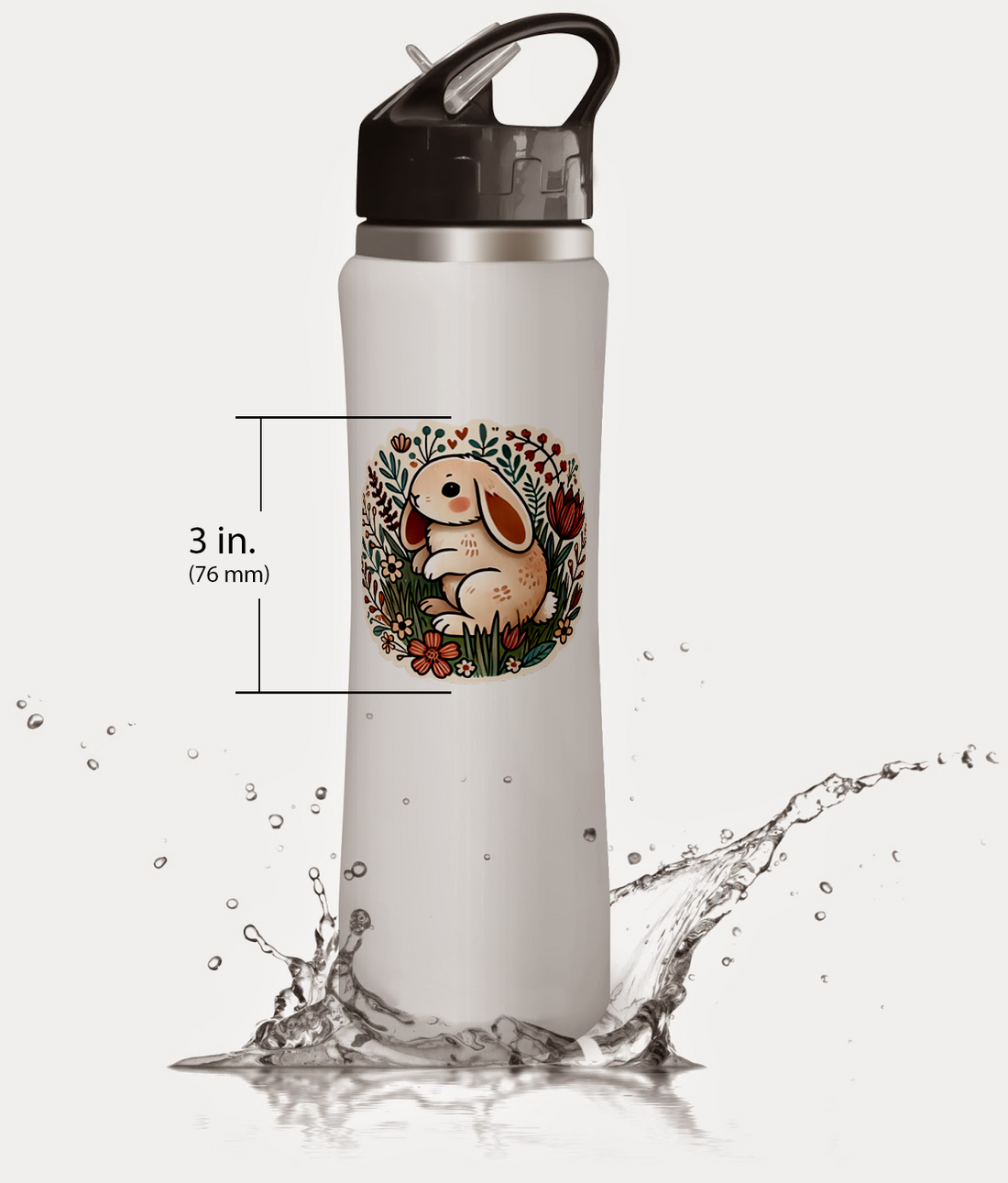
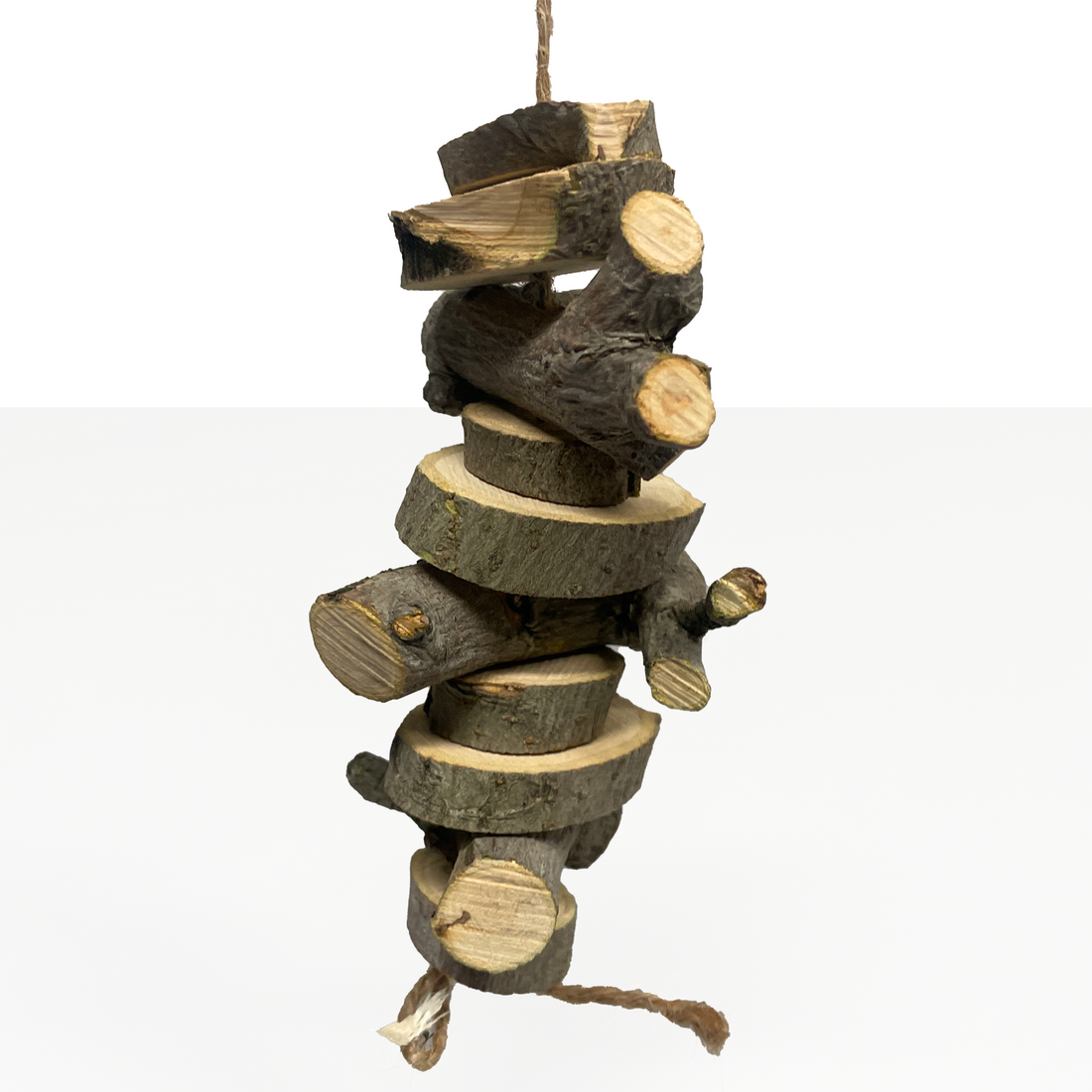


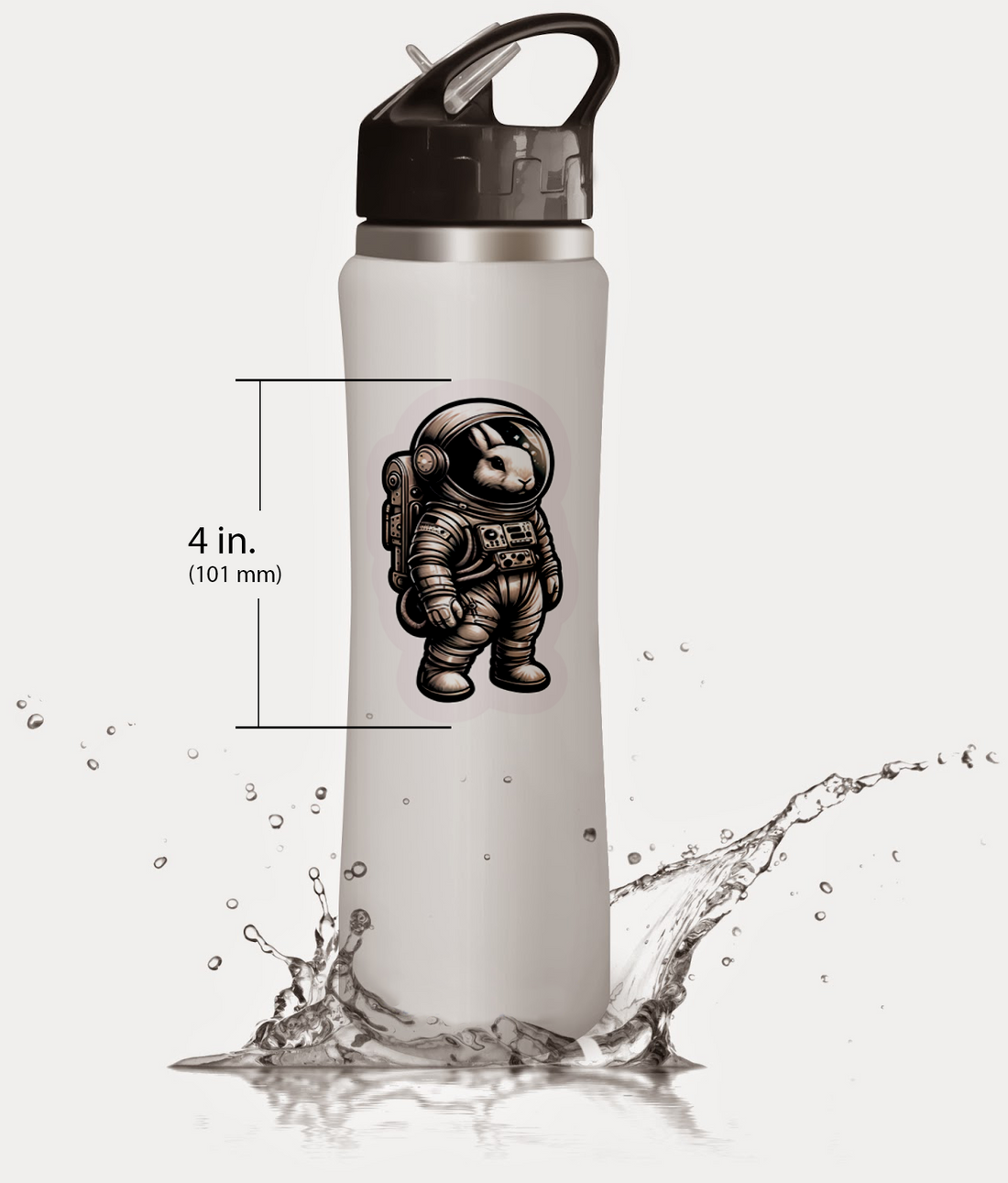
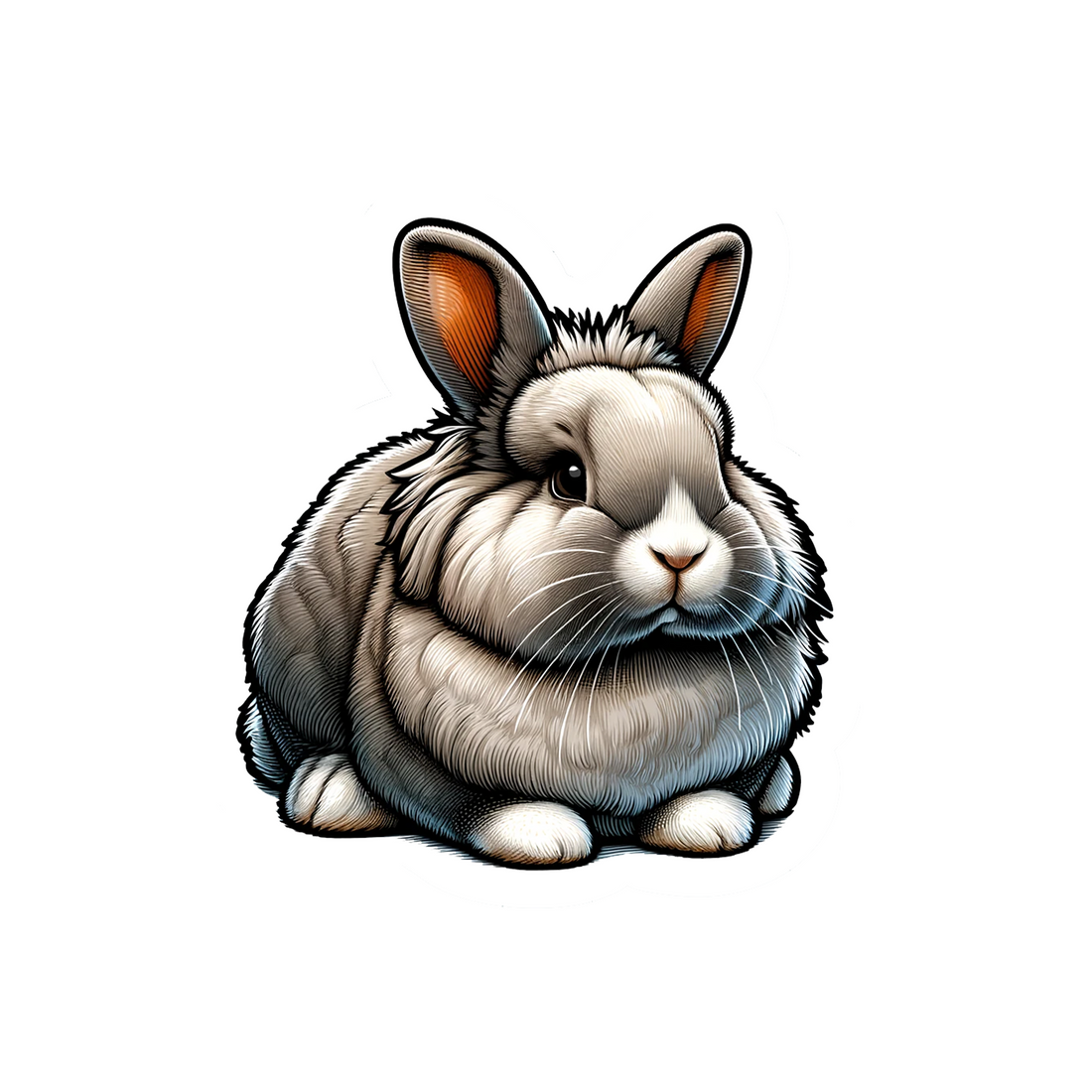
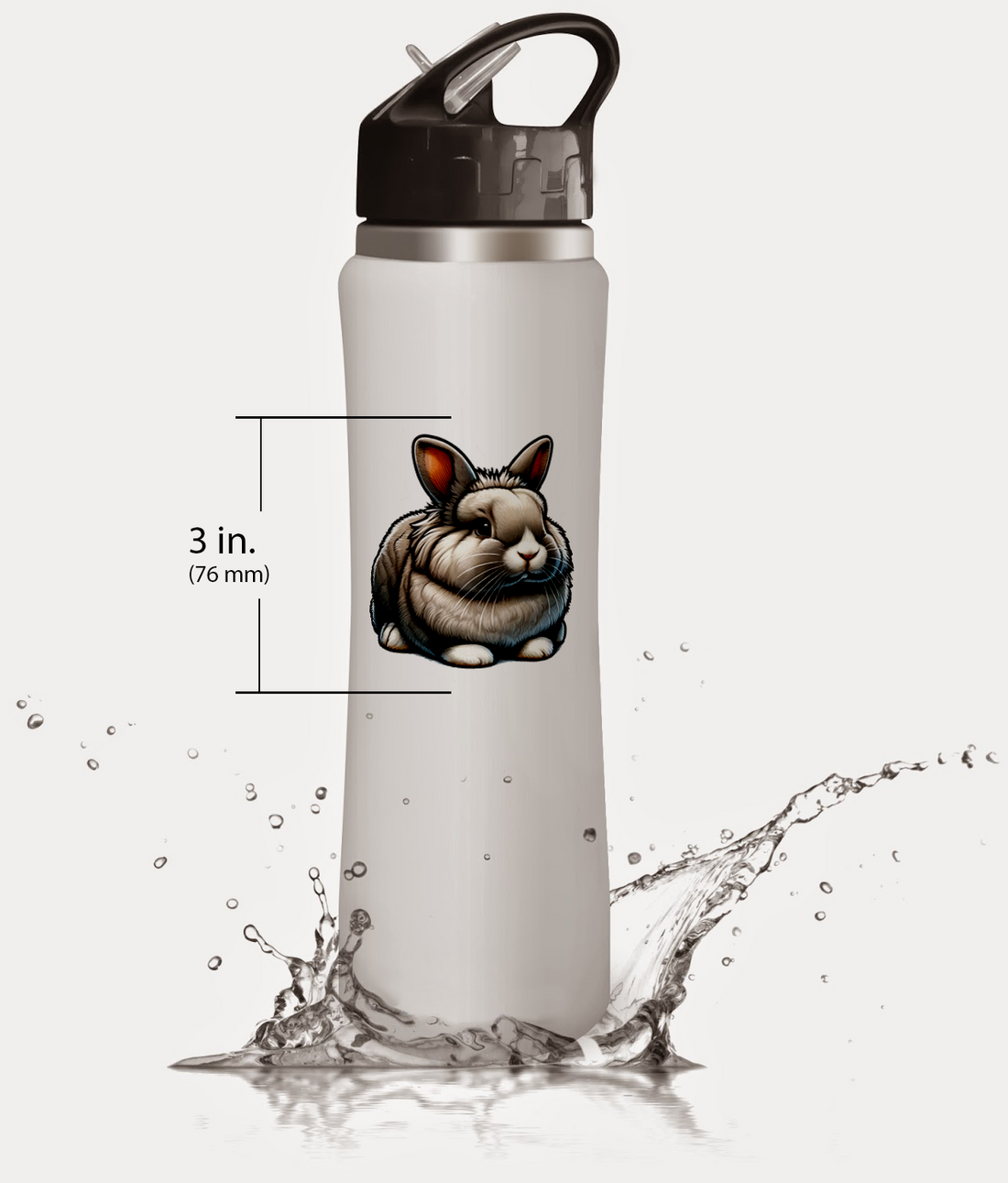

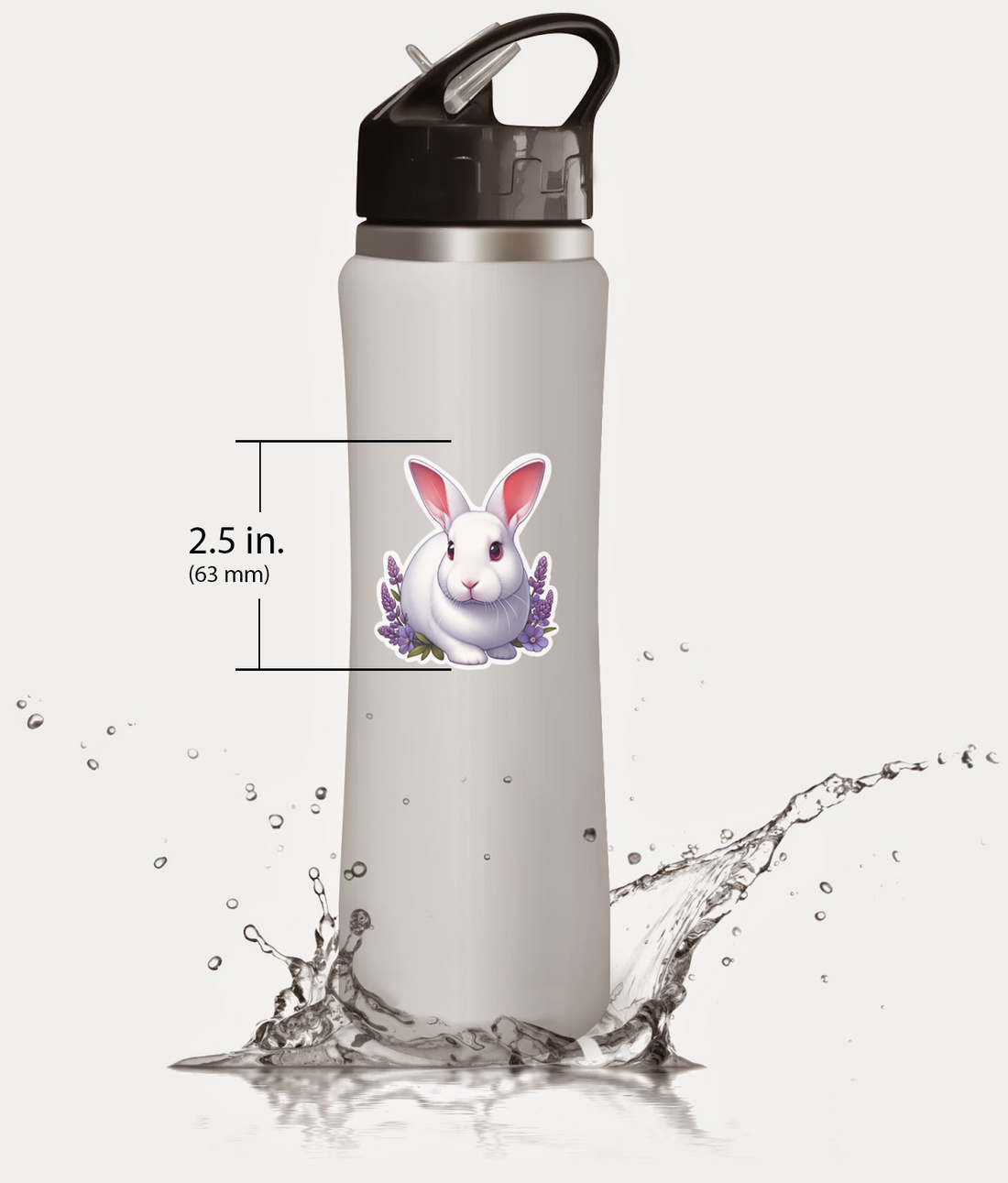


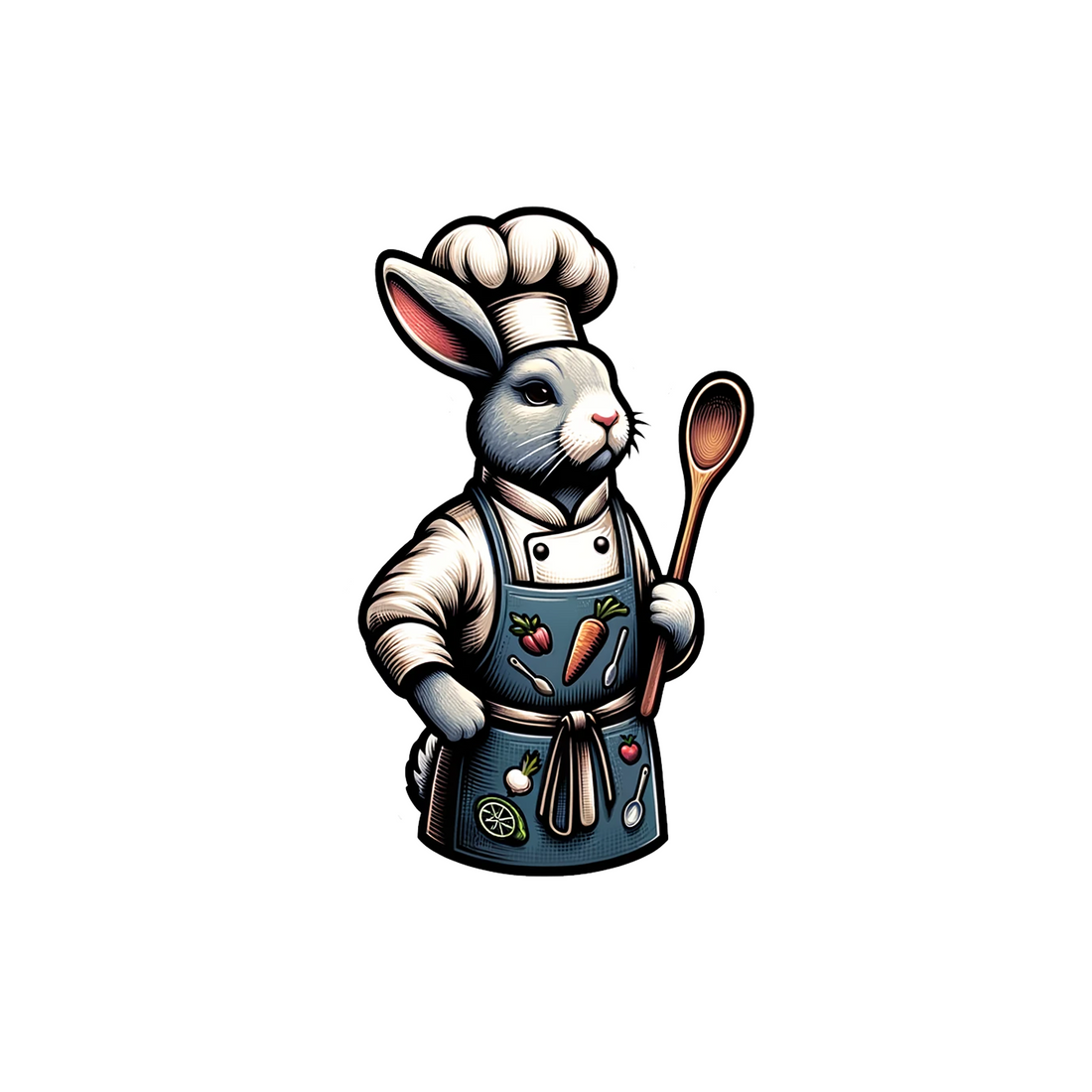
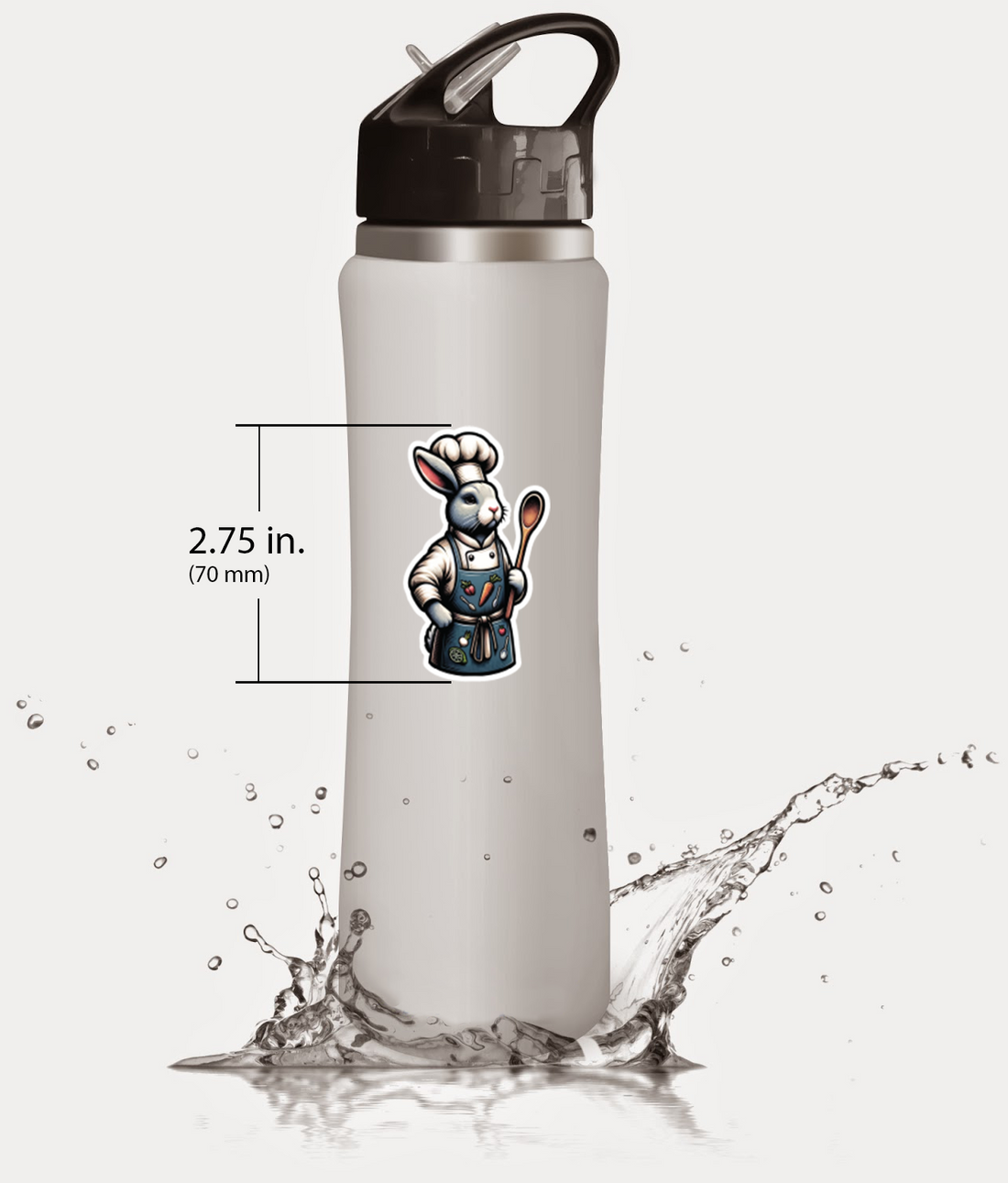
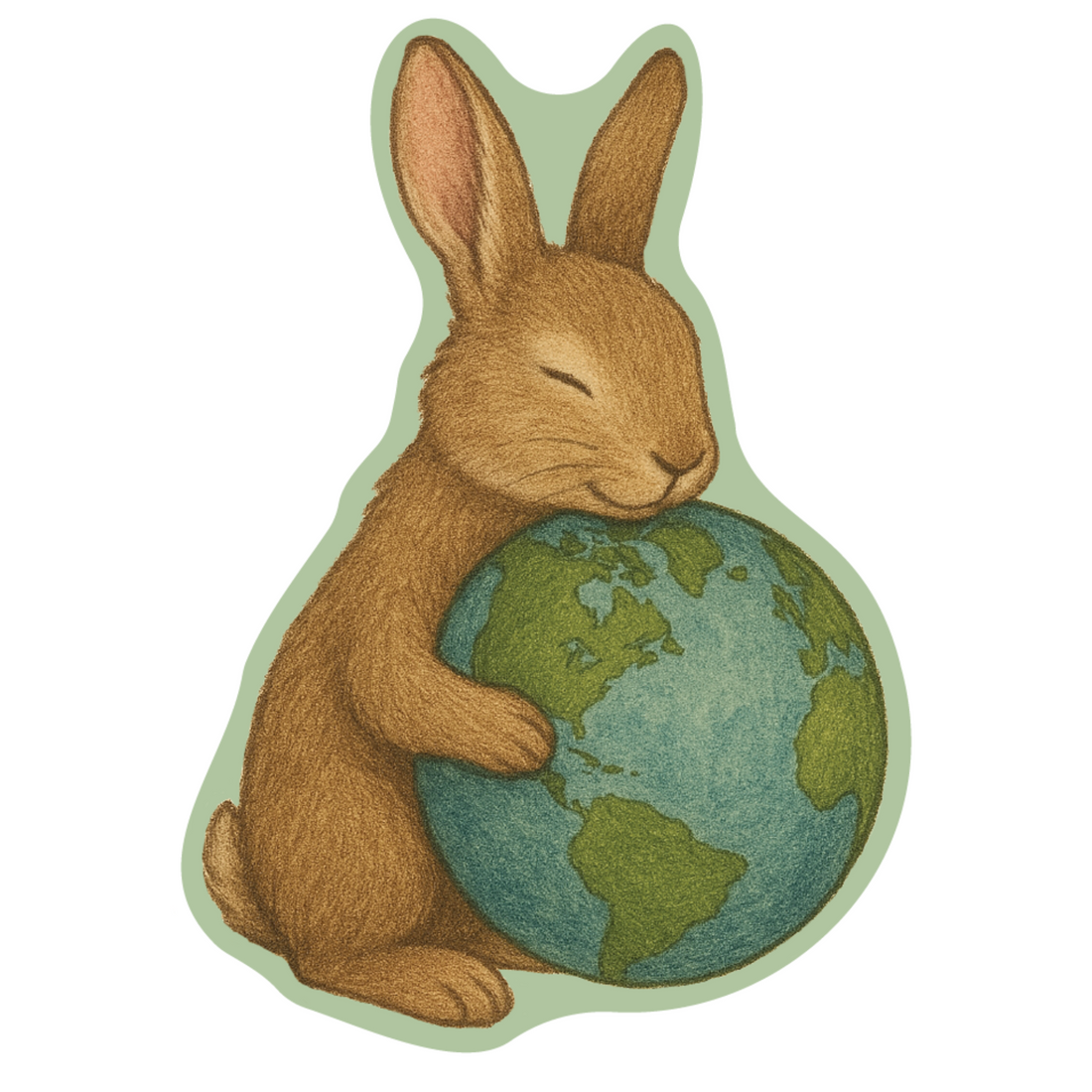
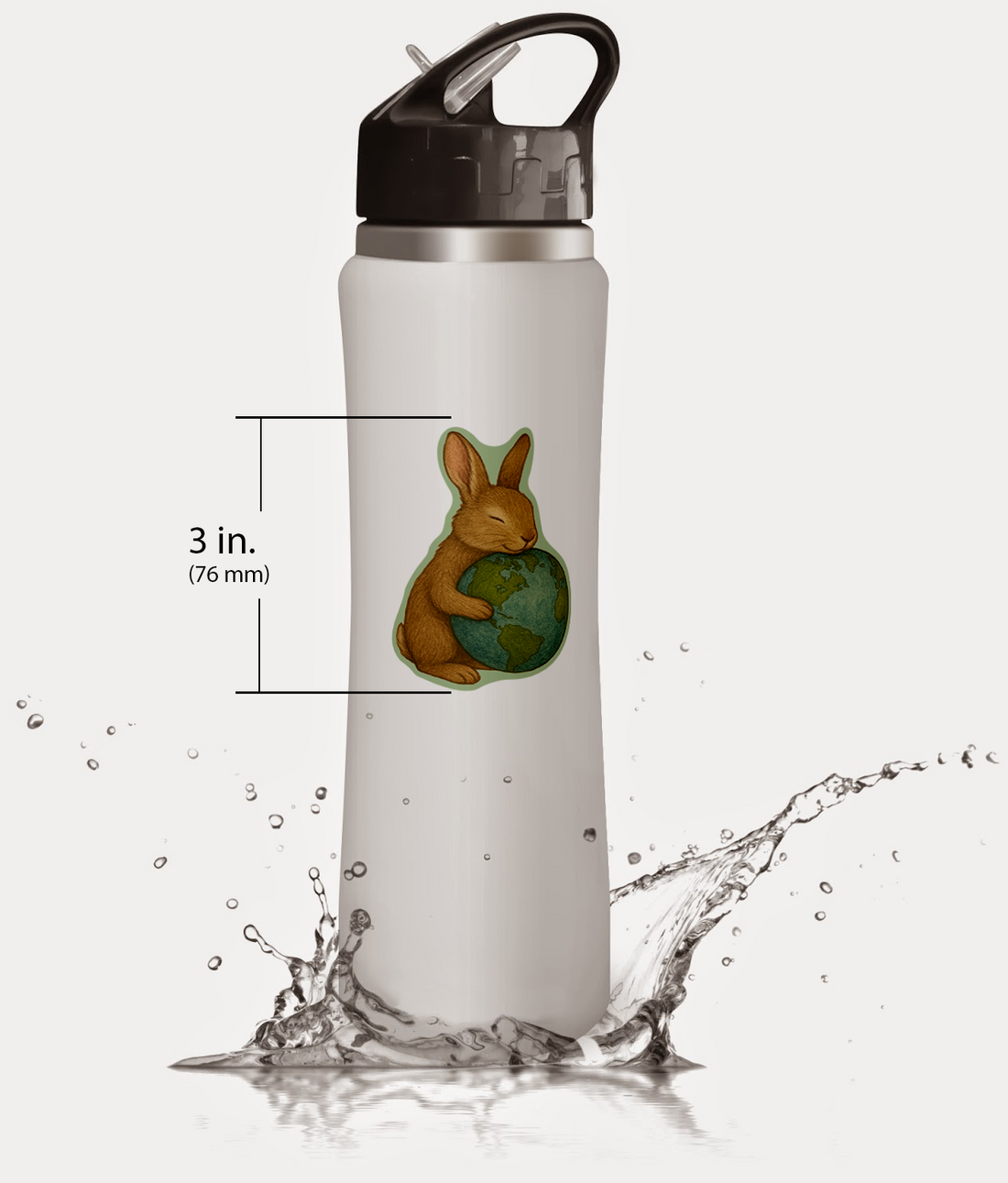
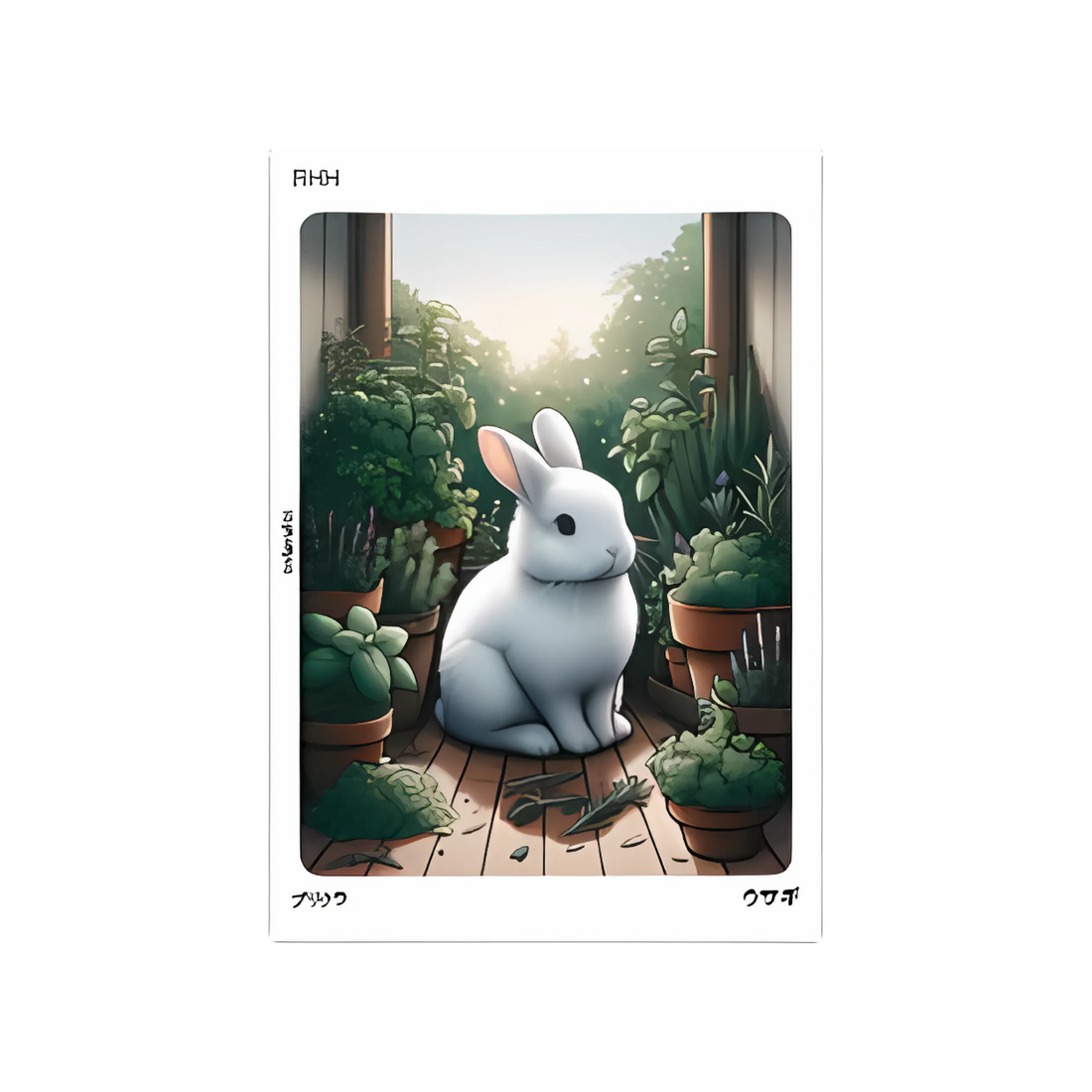

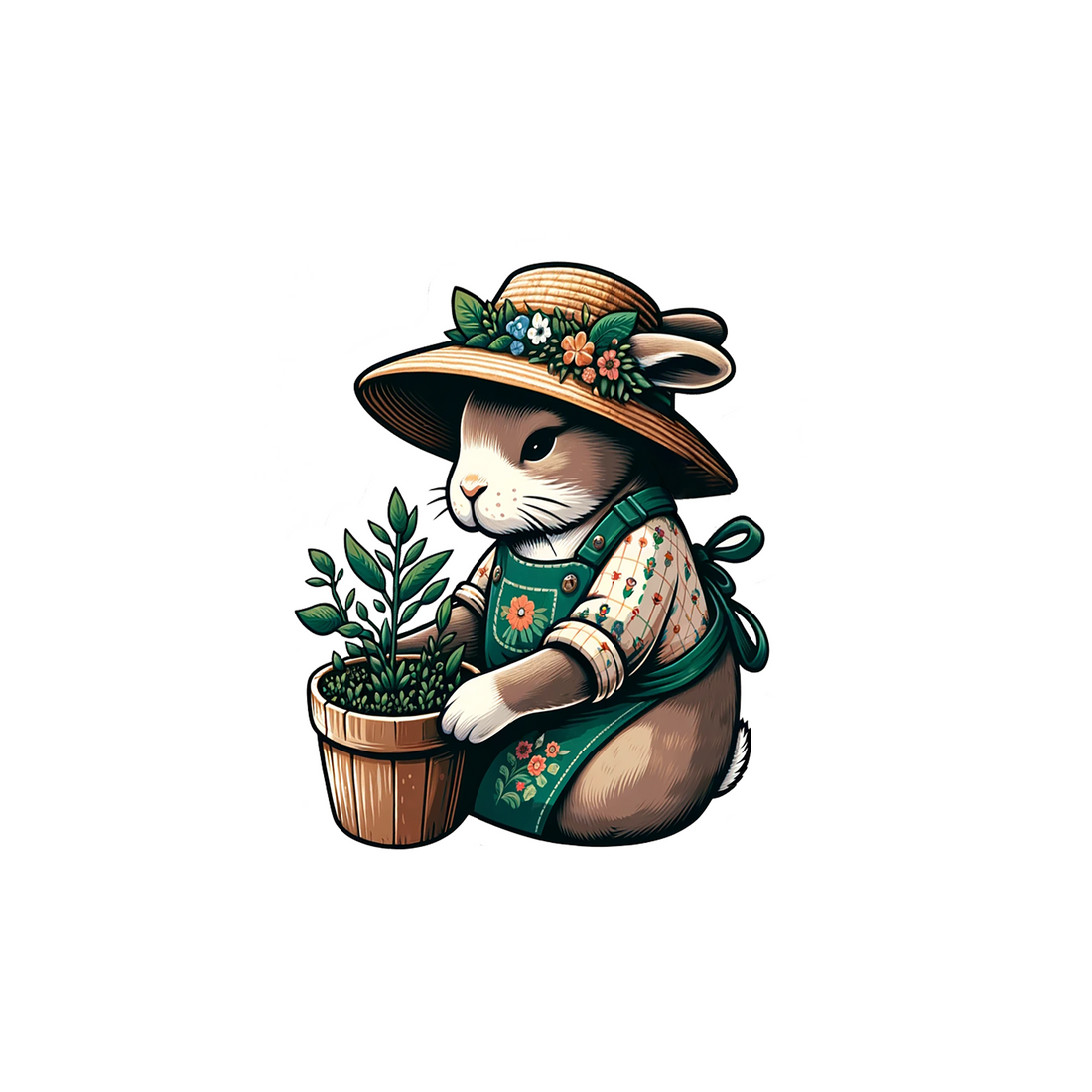
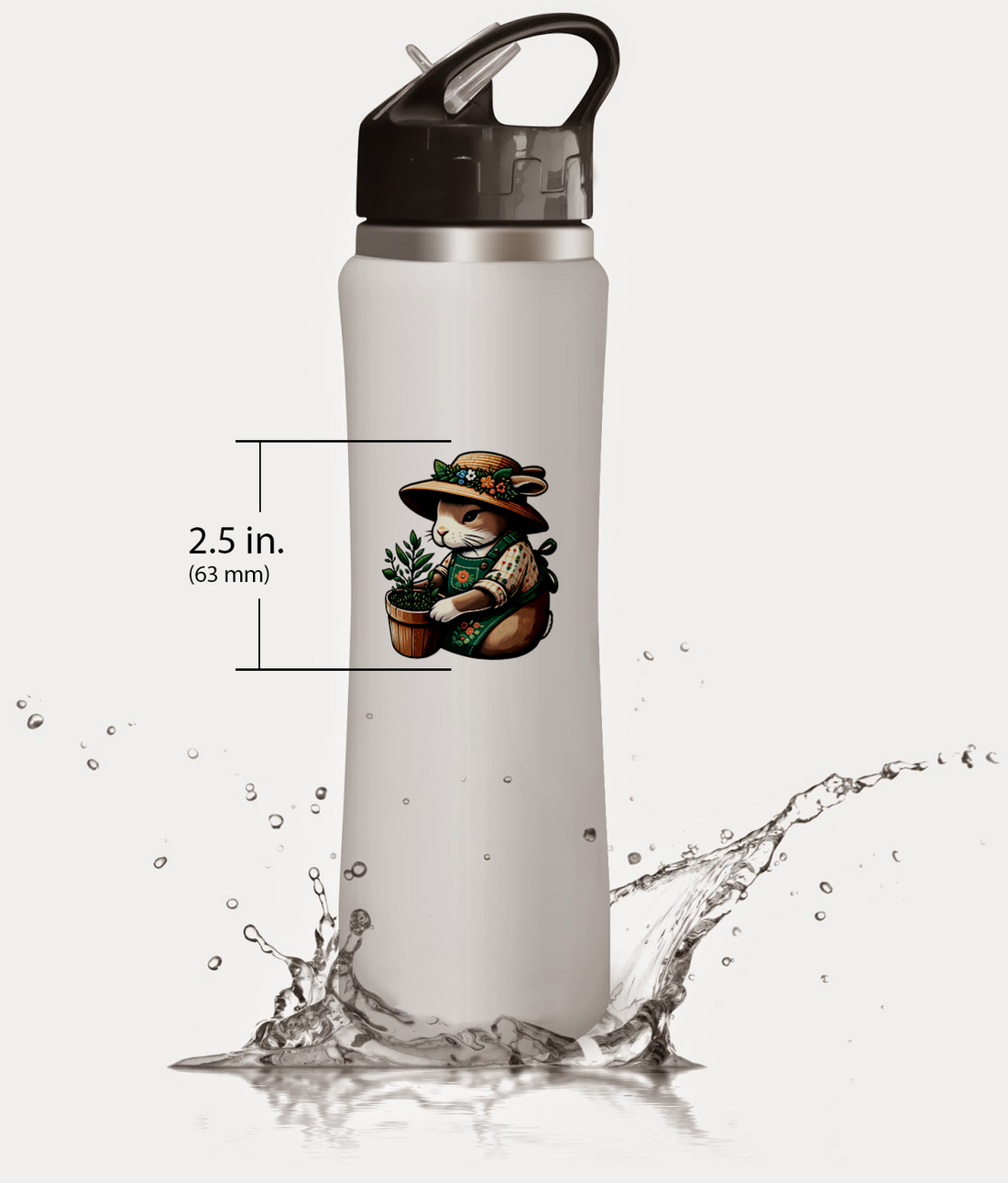


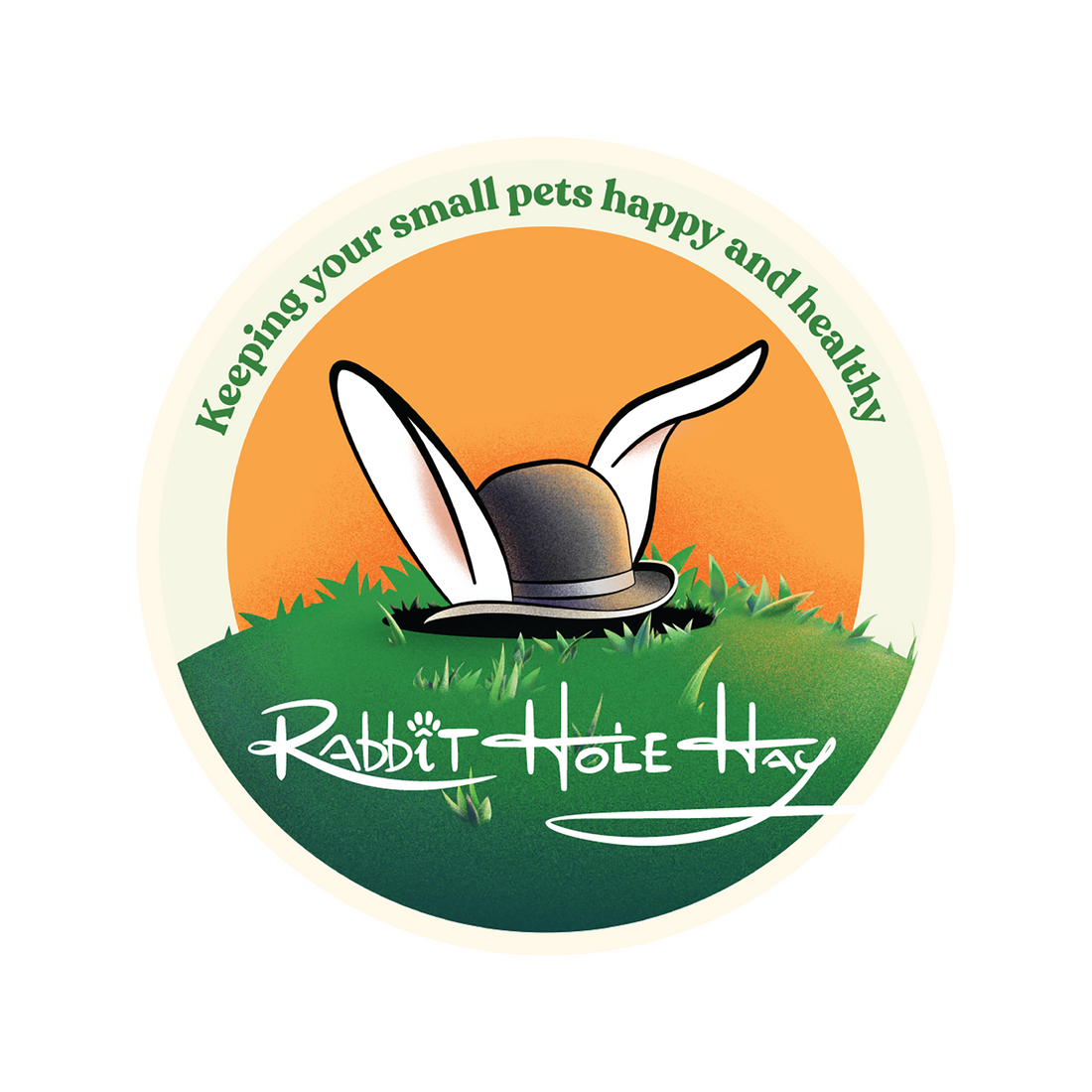
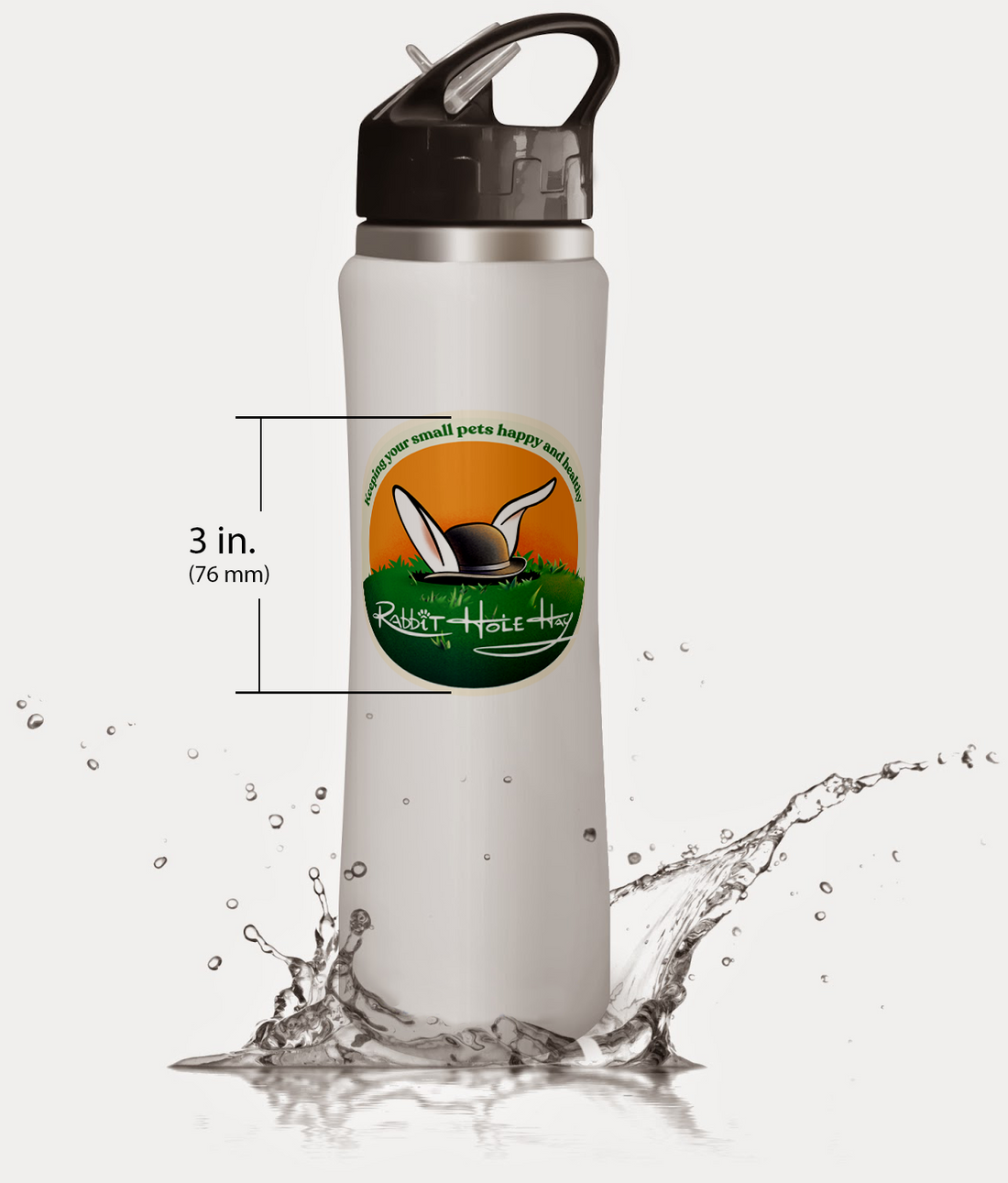

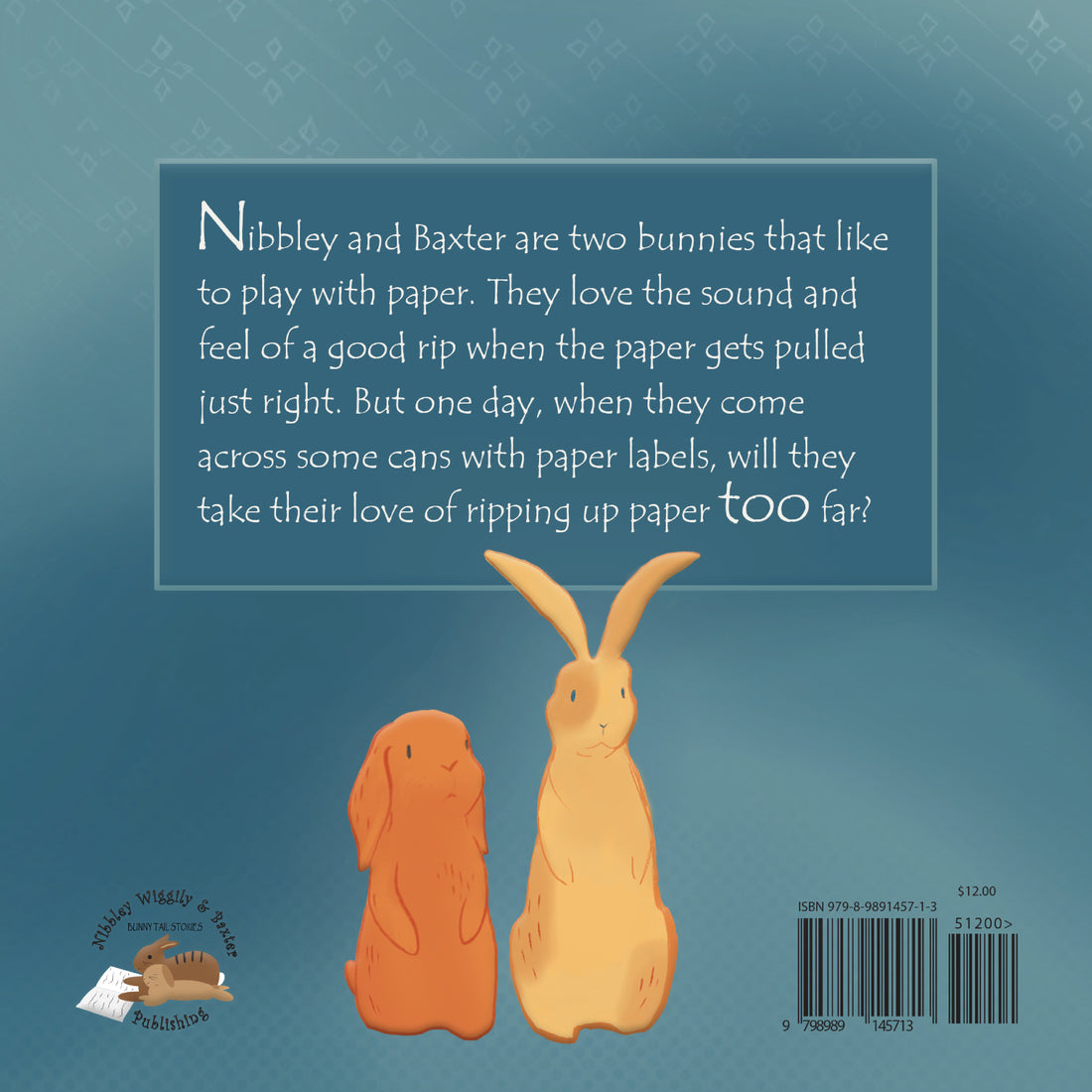



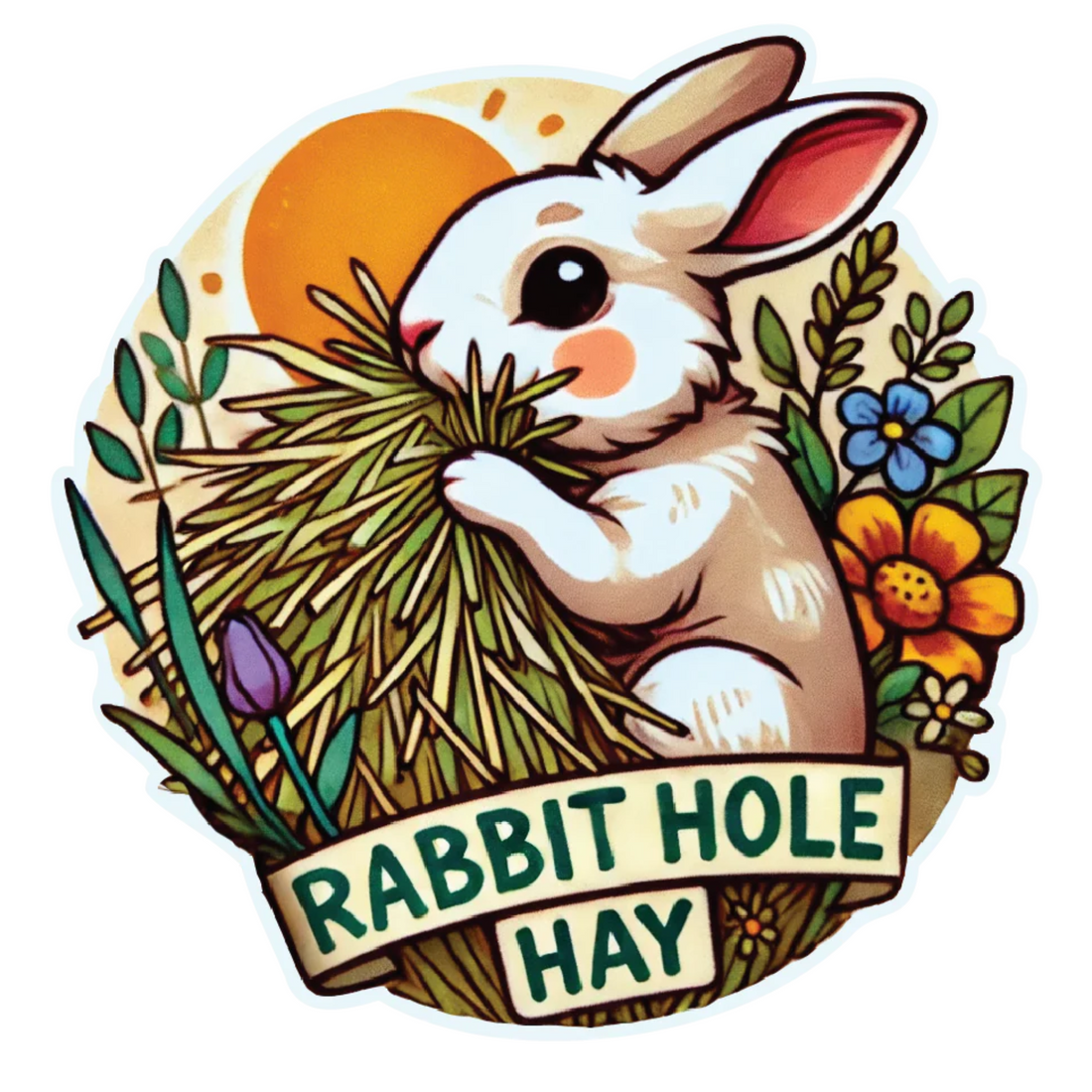
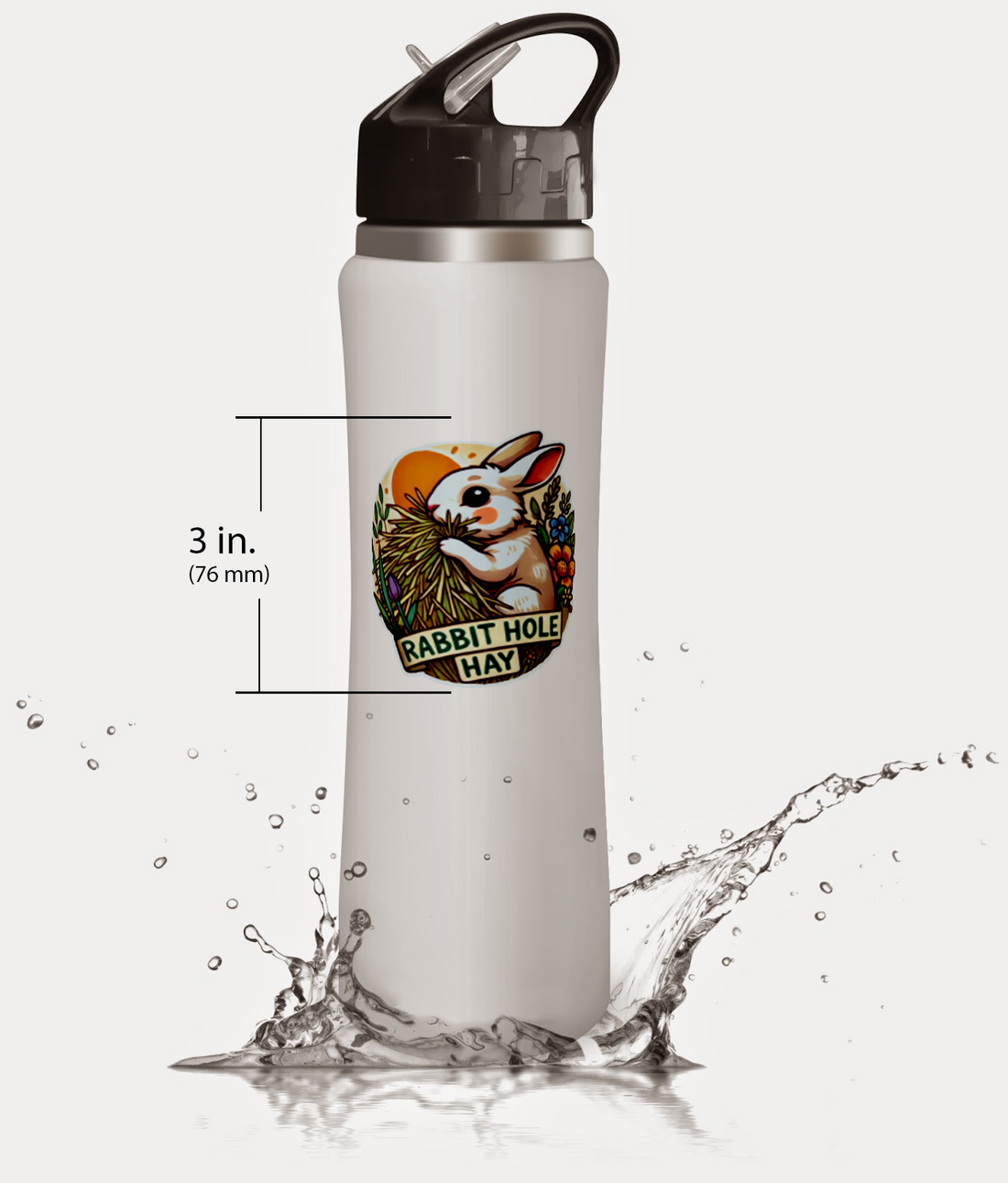






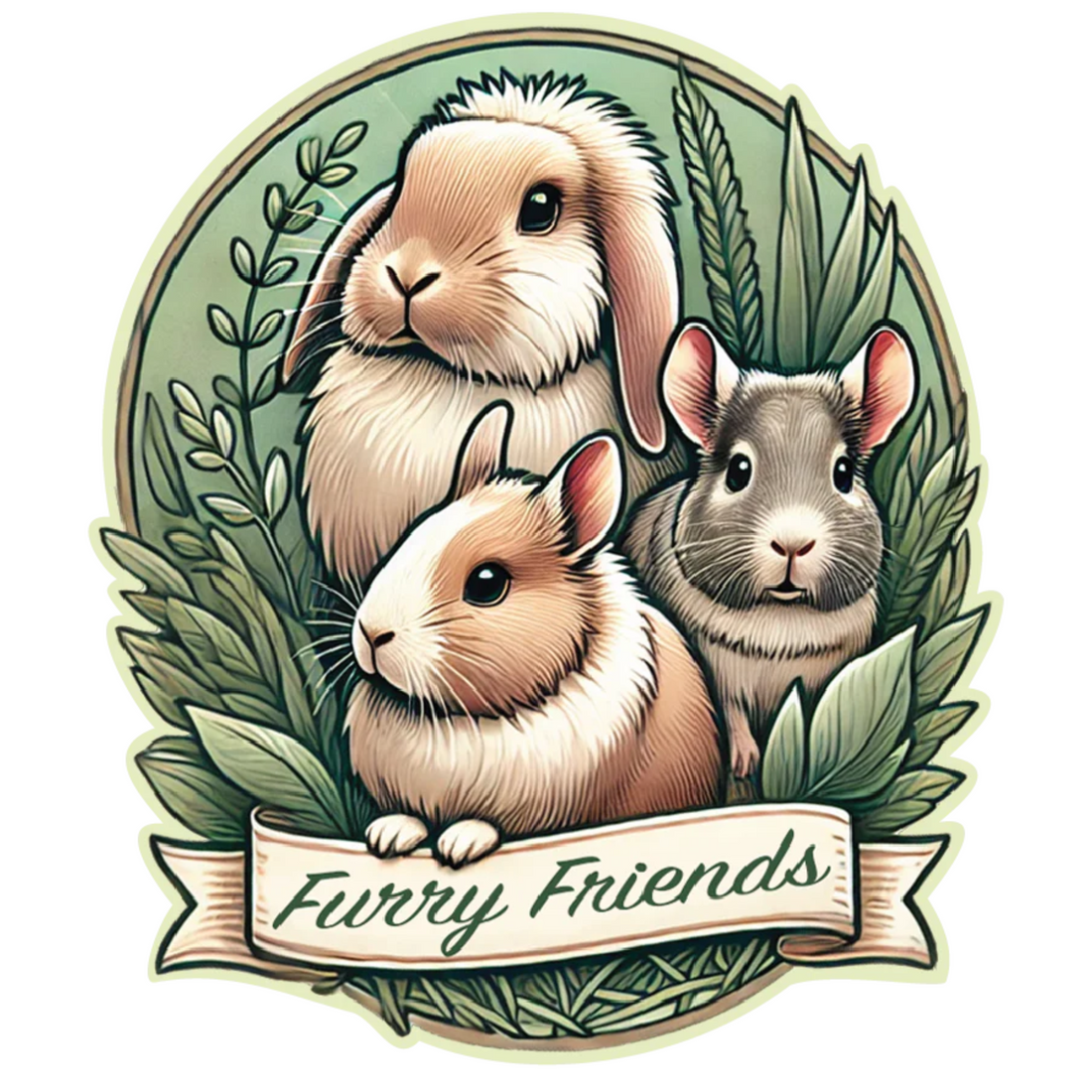
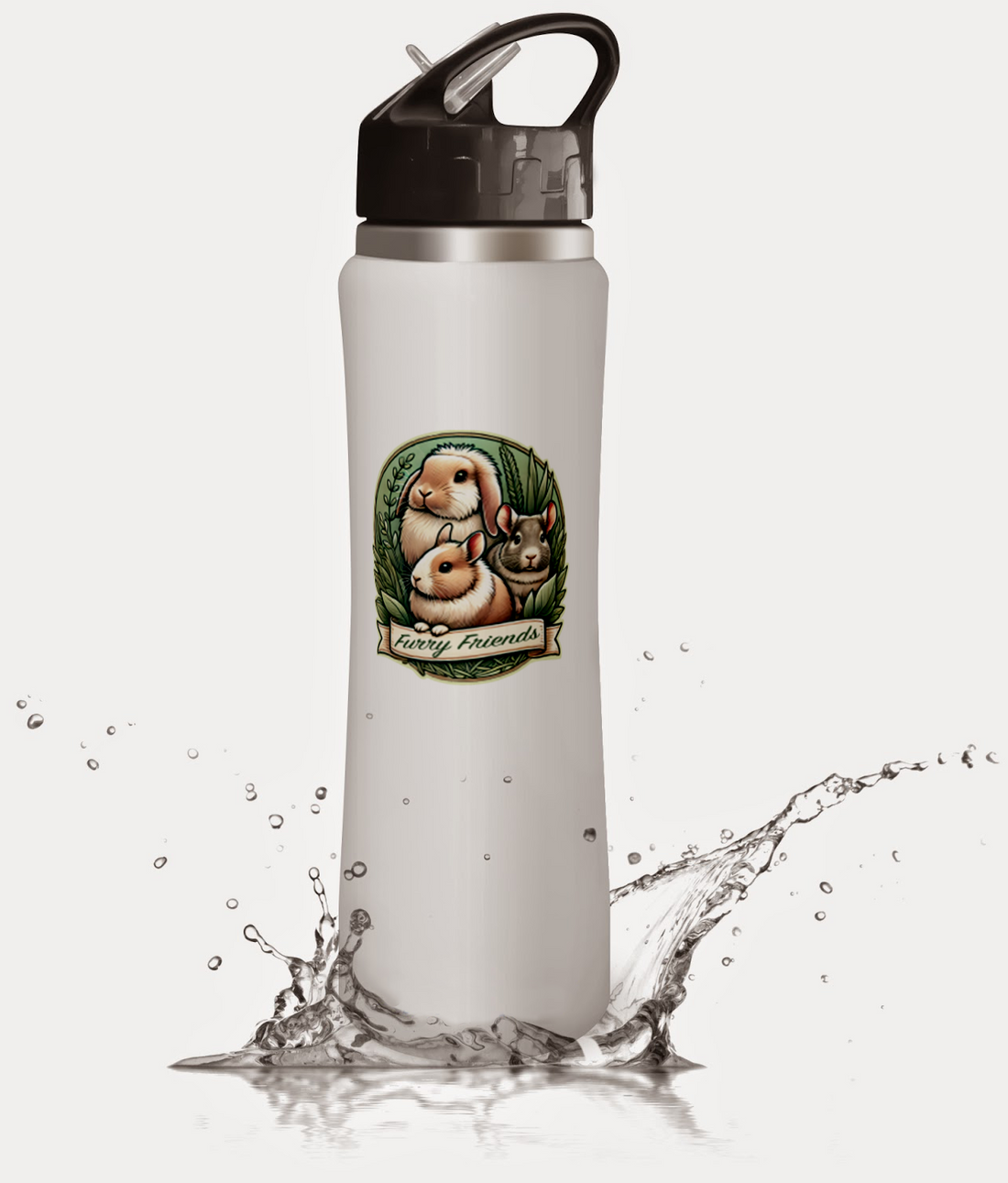



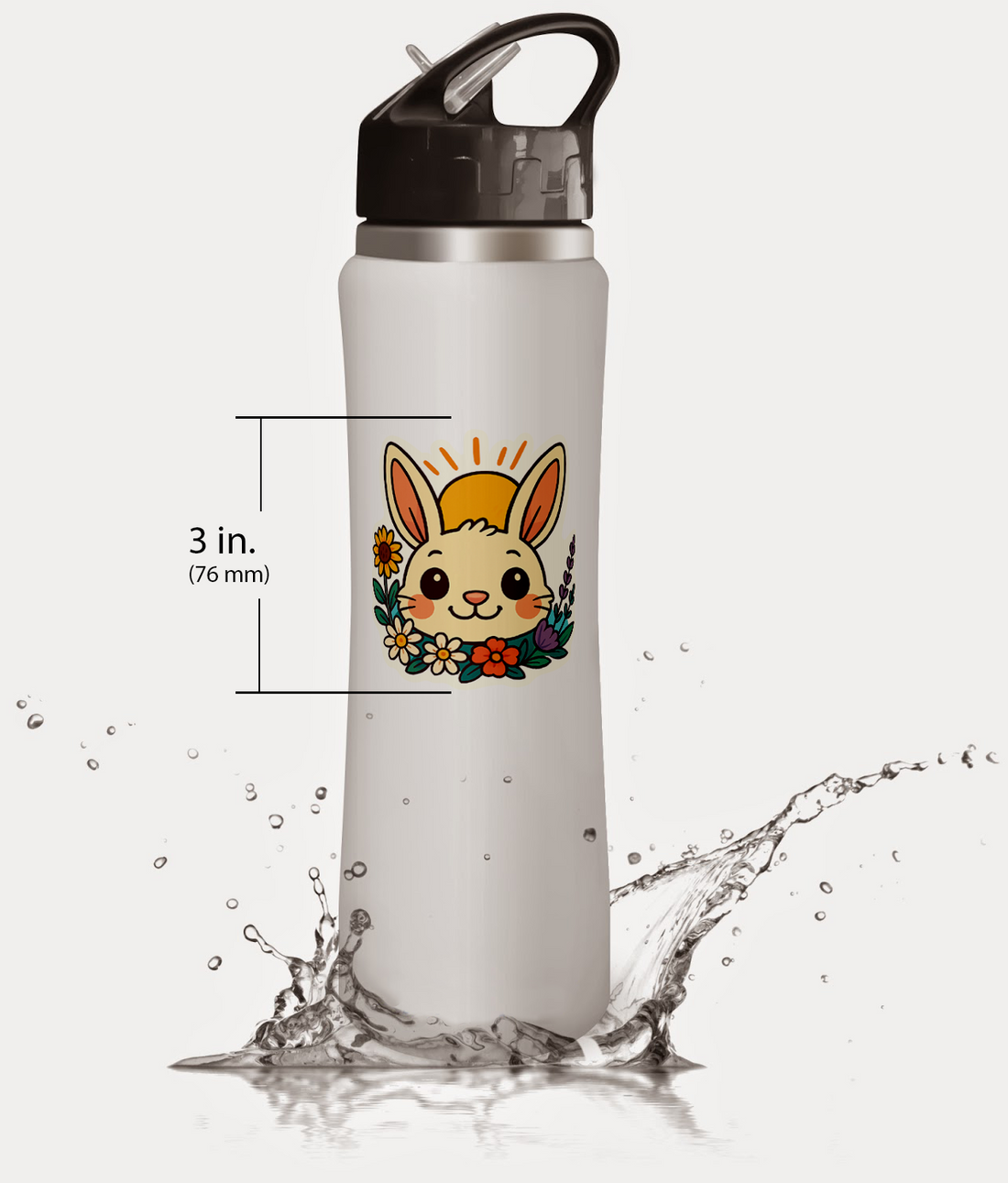
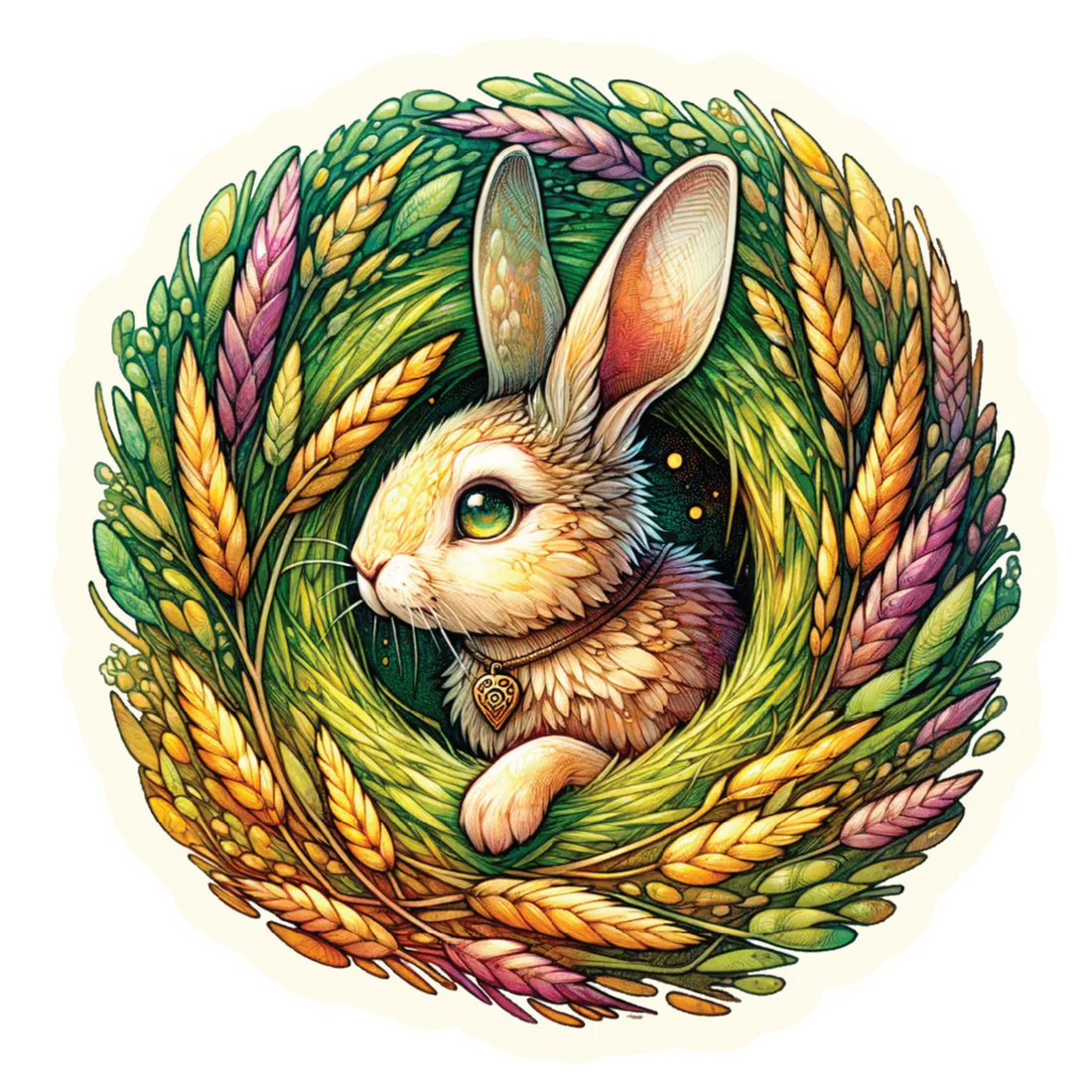


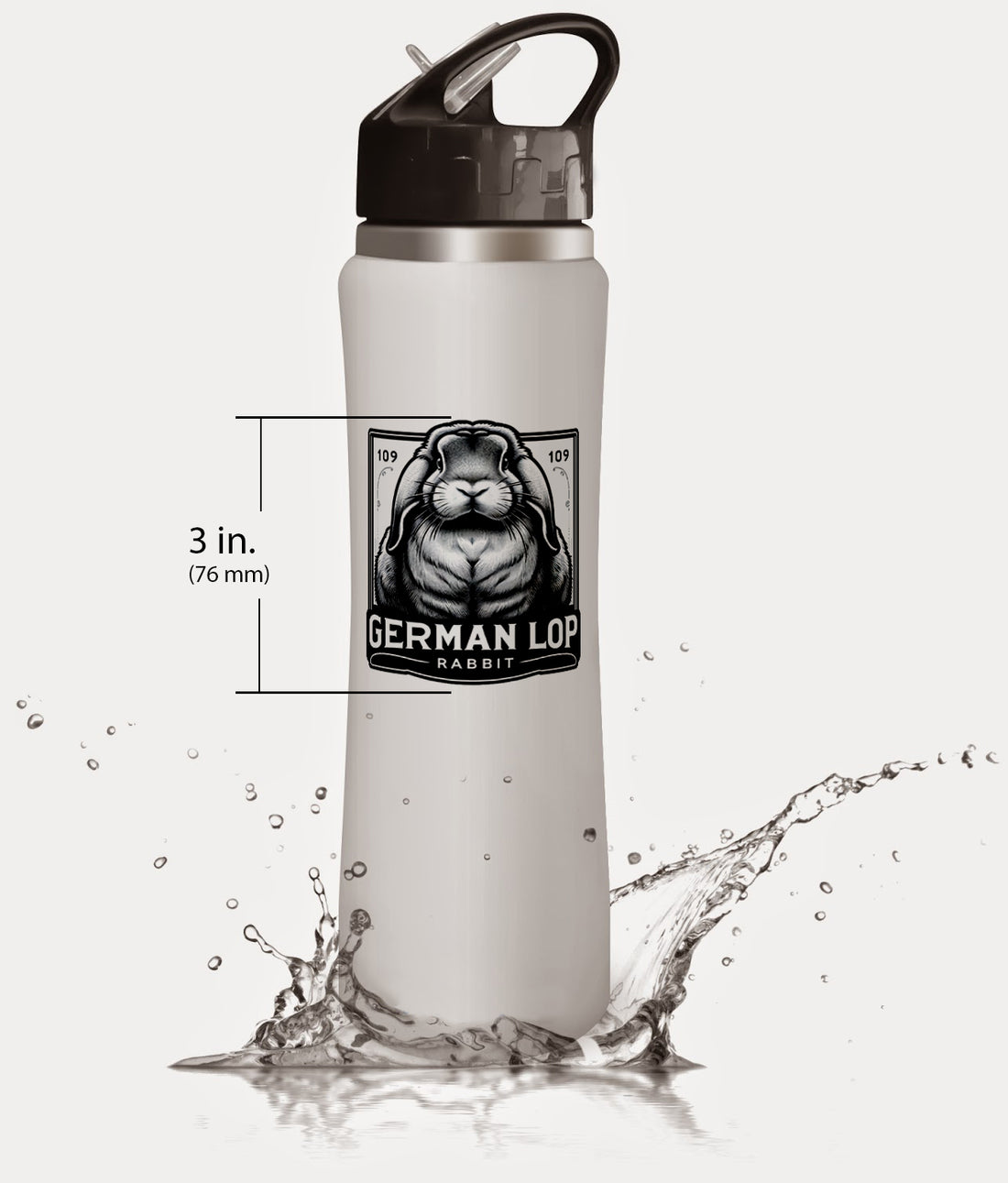


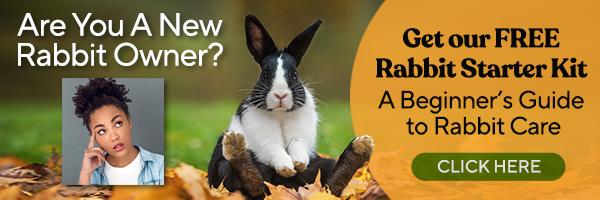



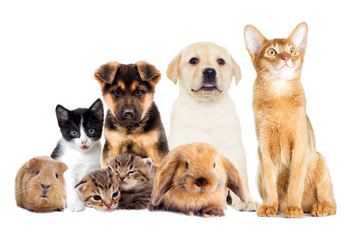


Comments